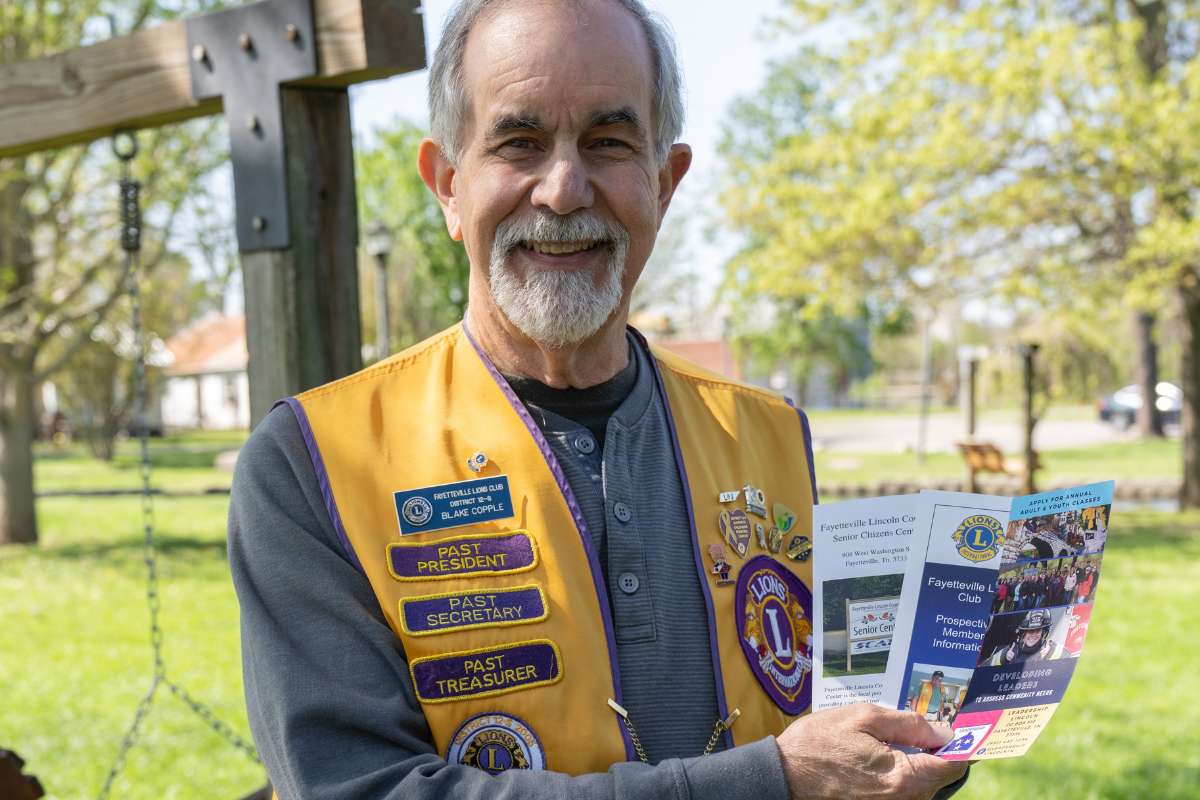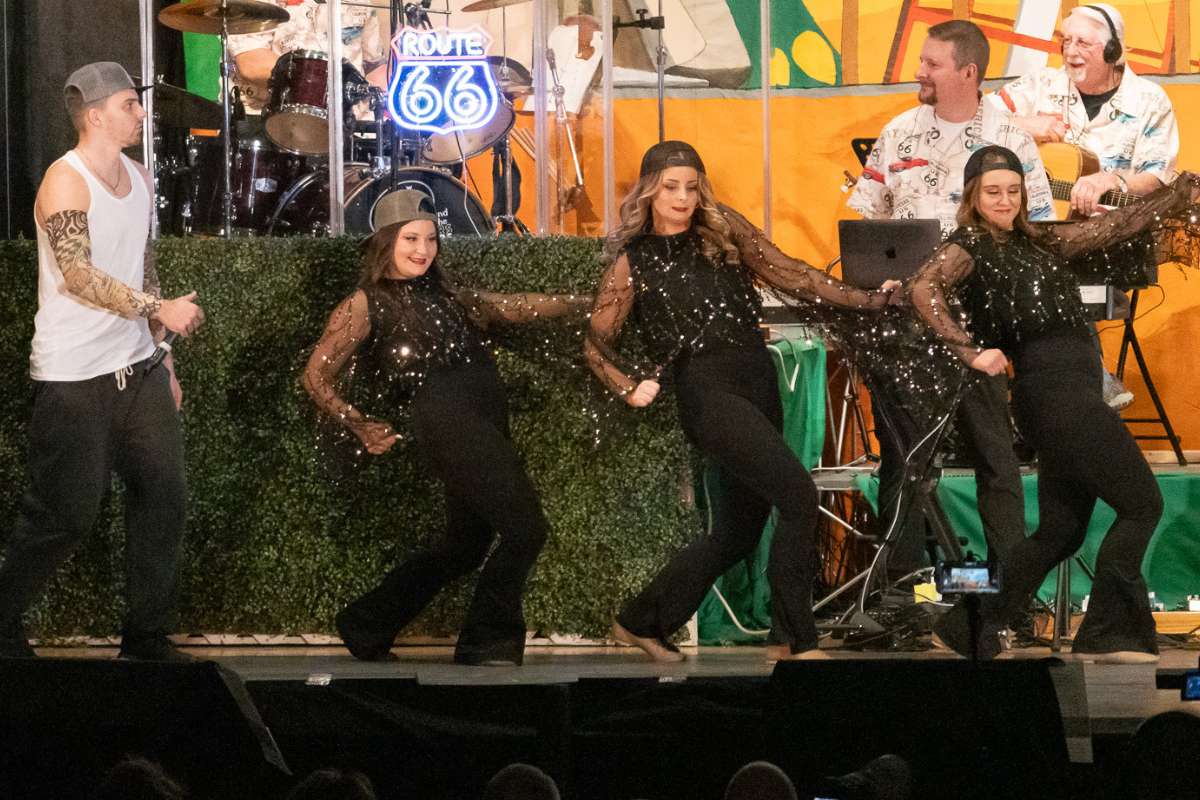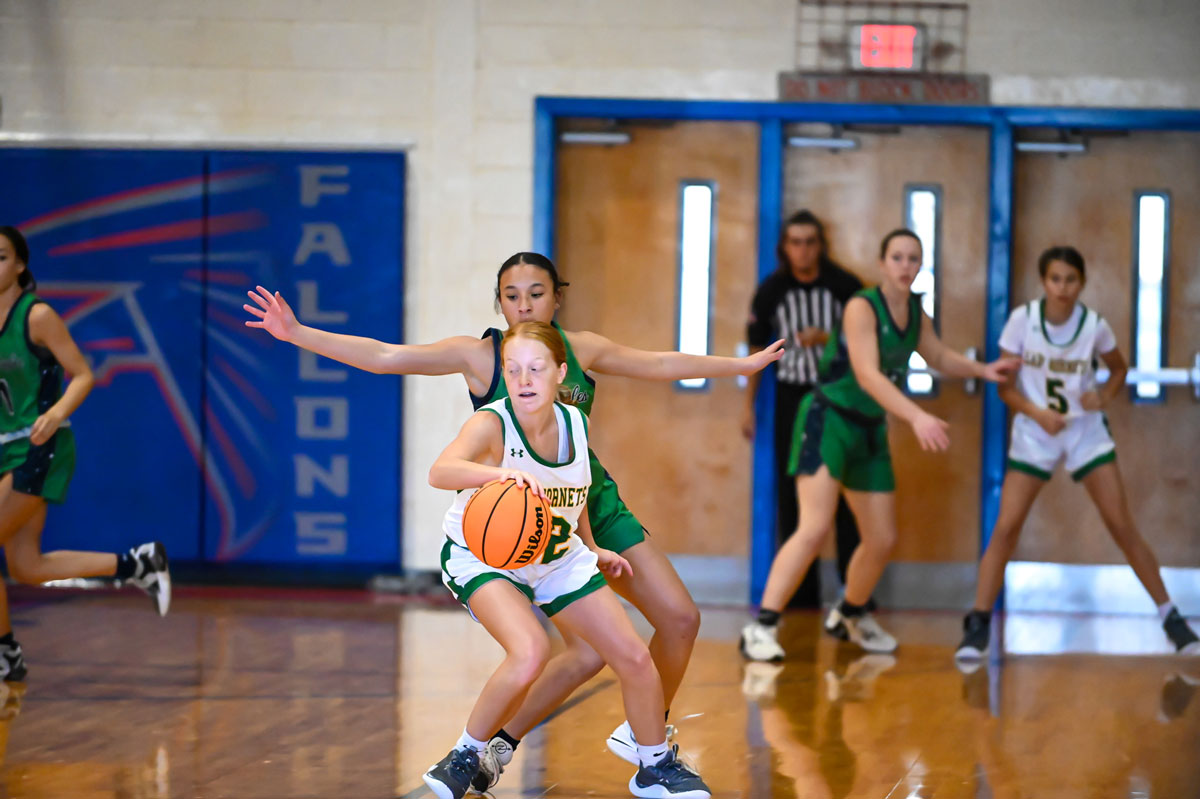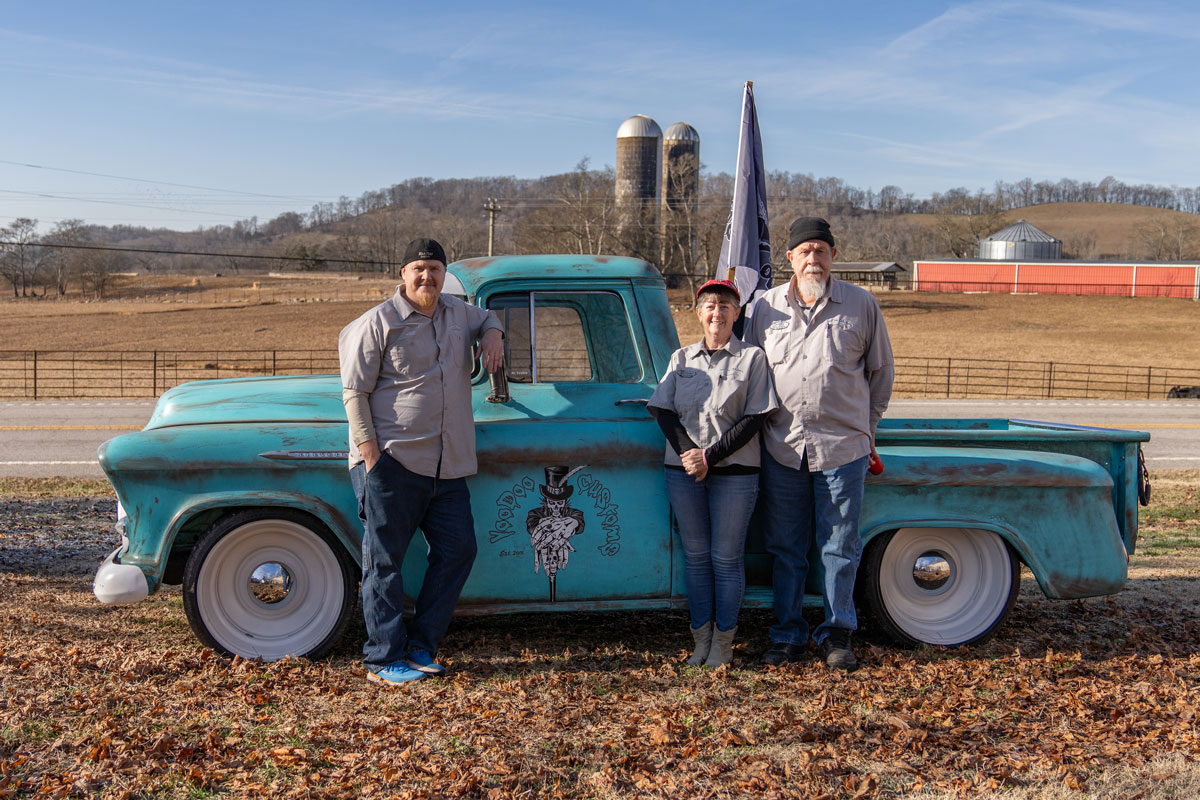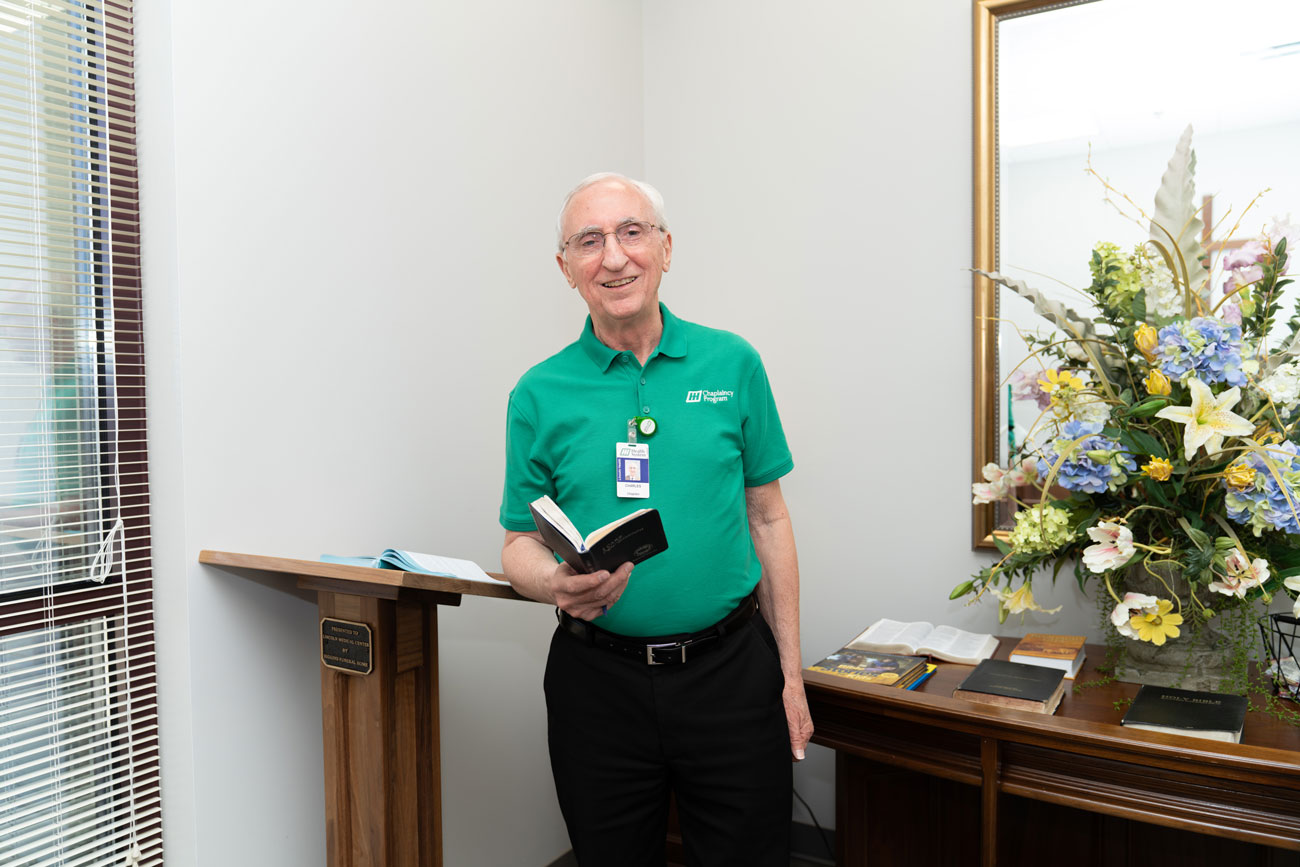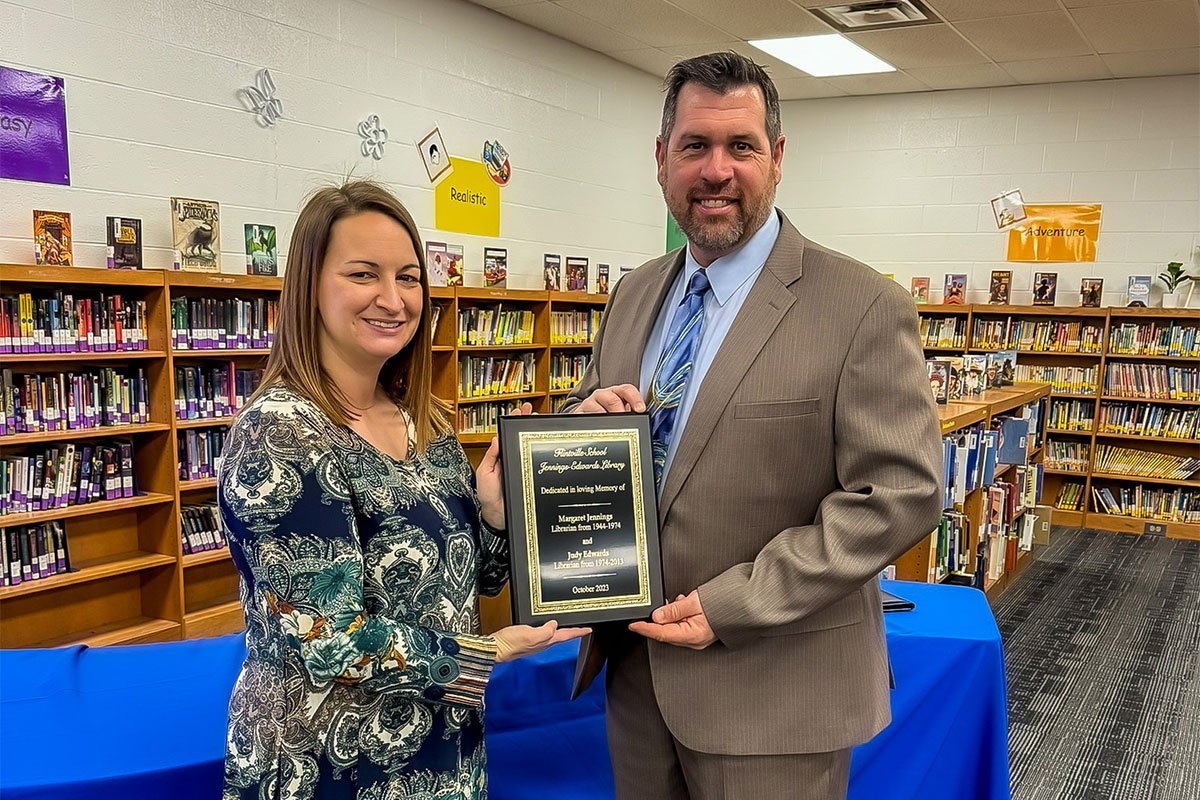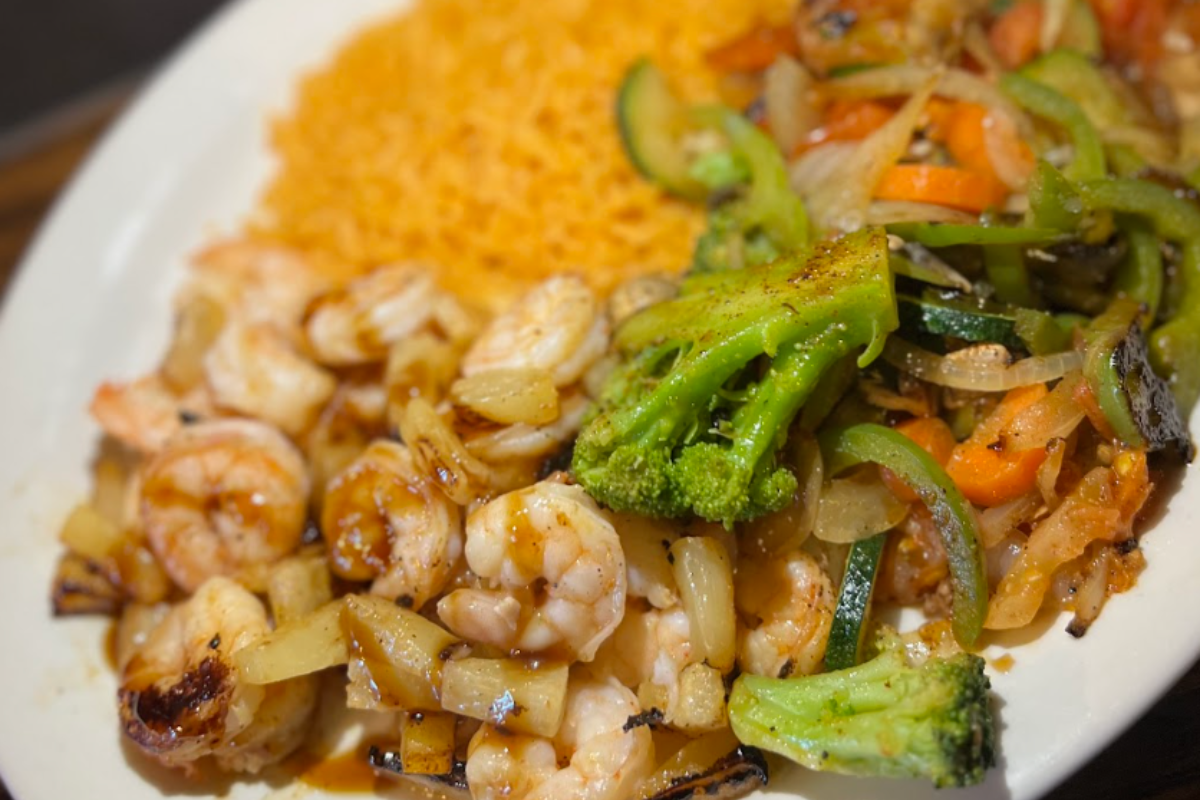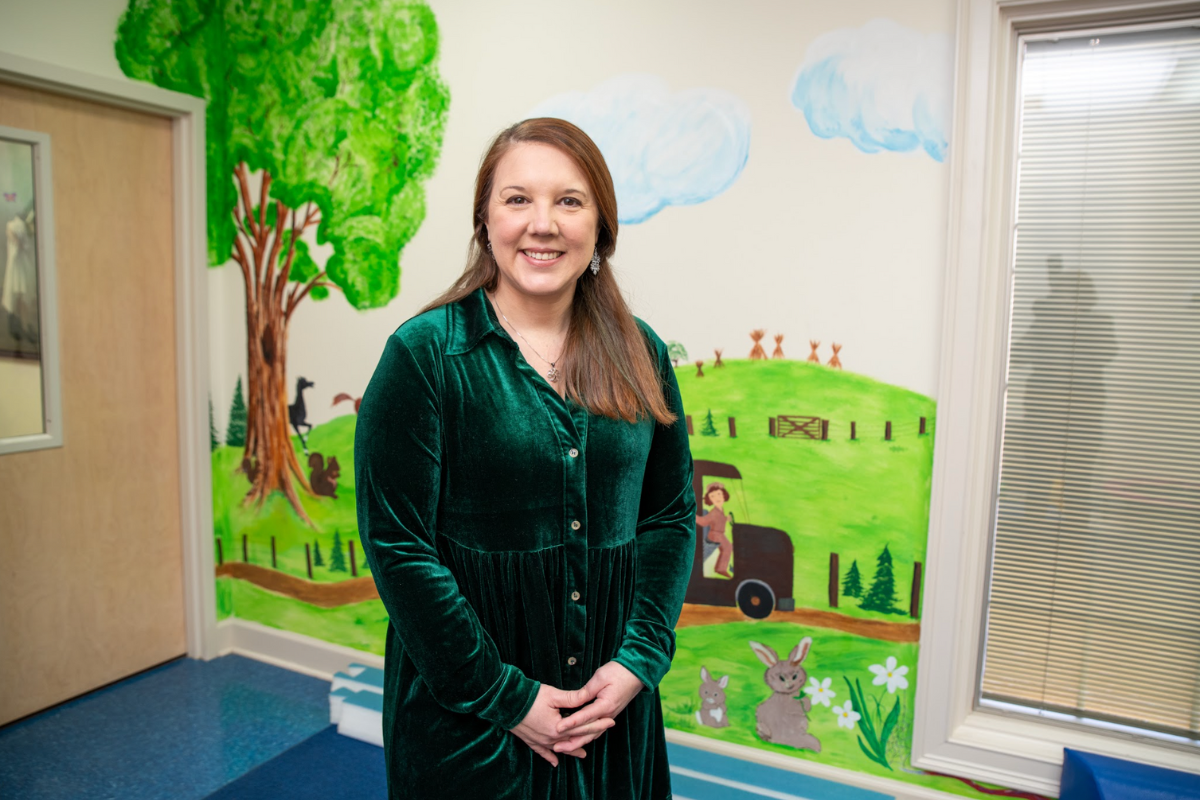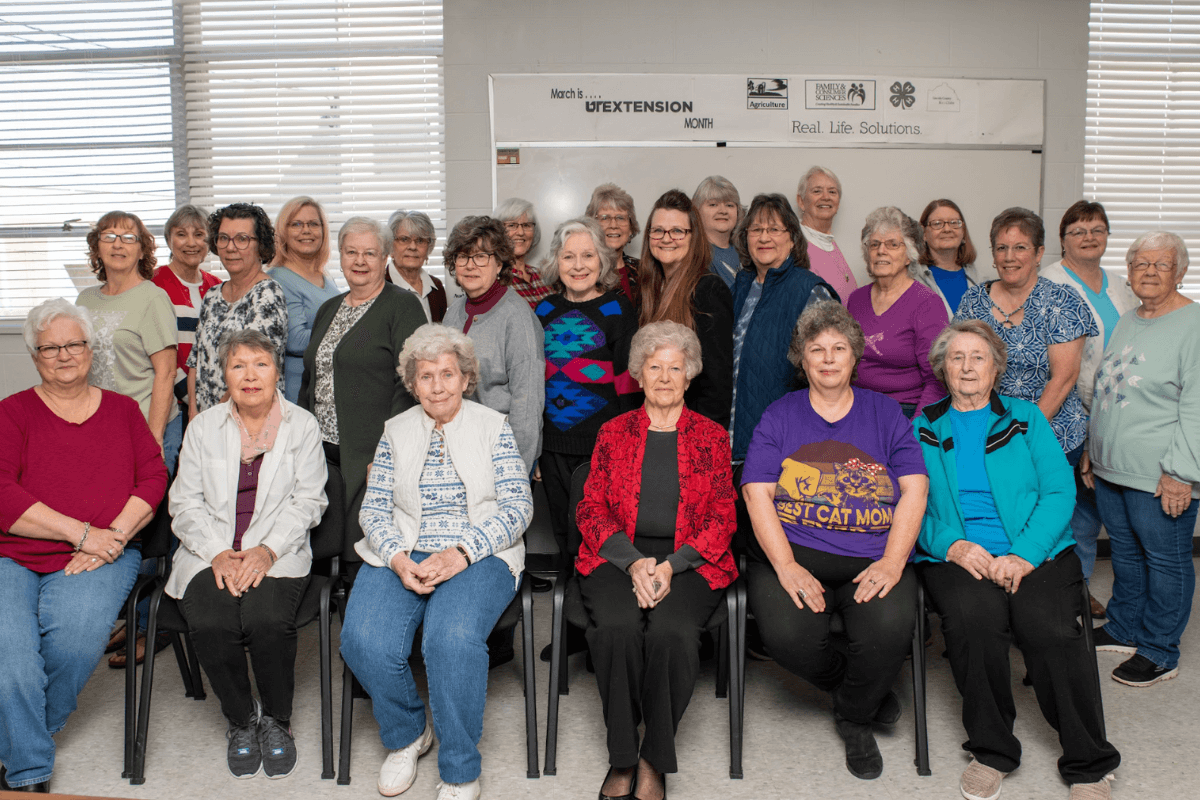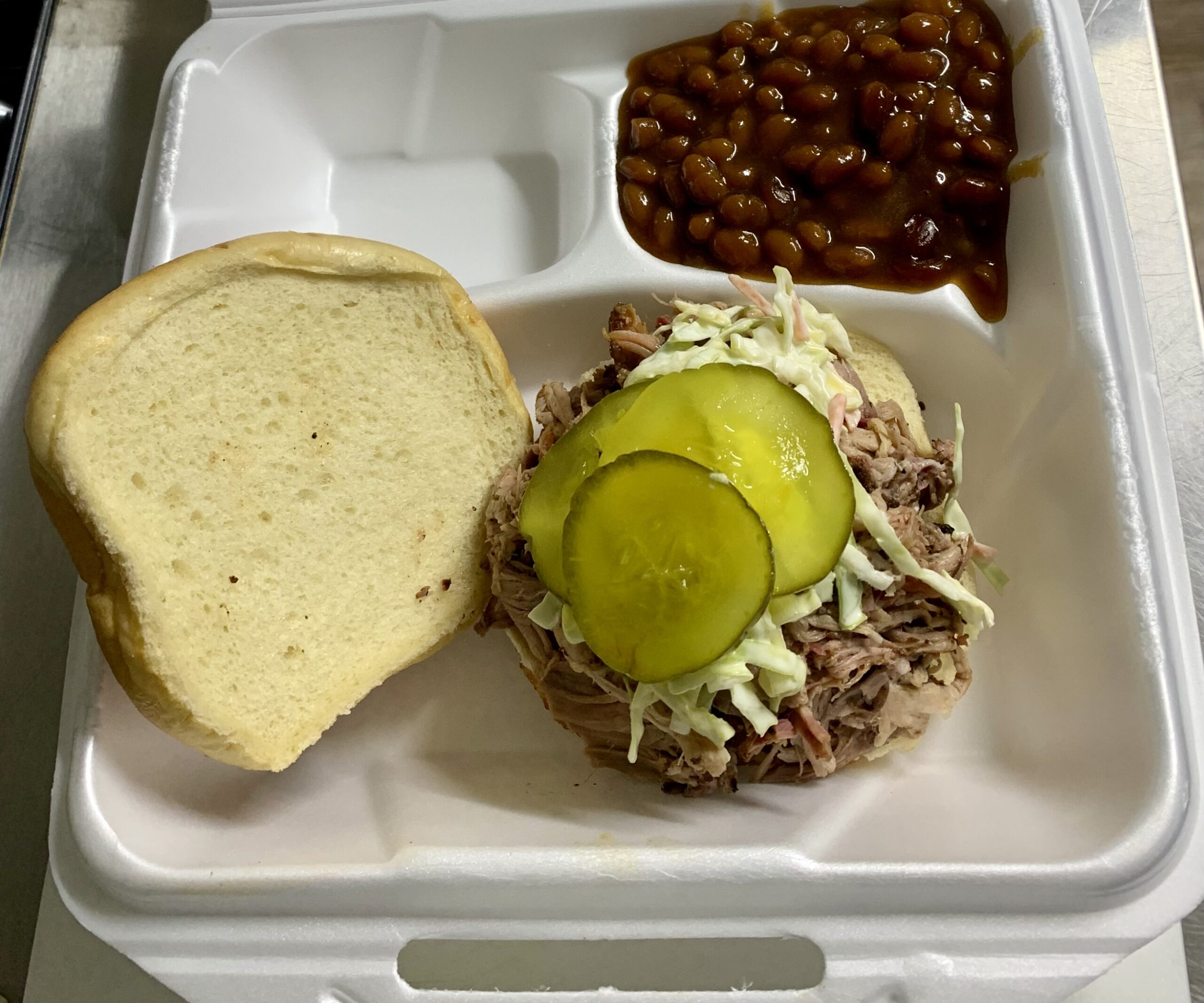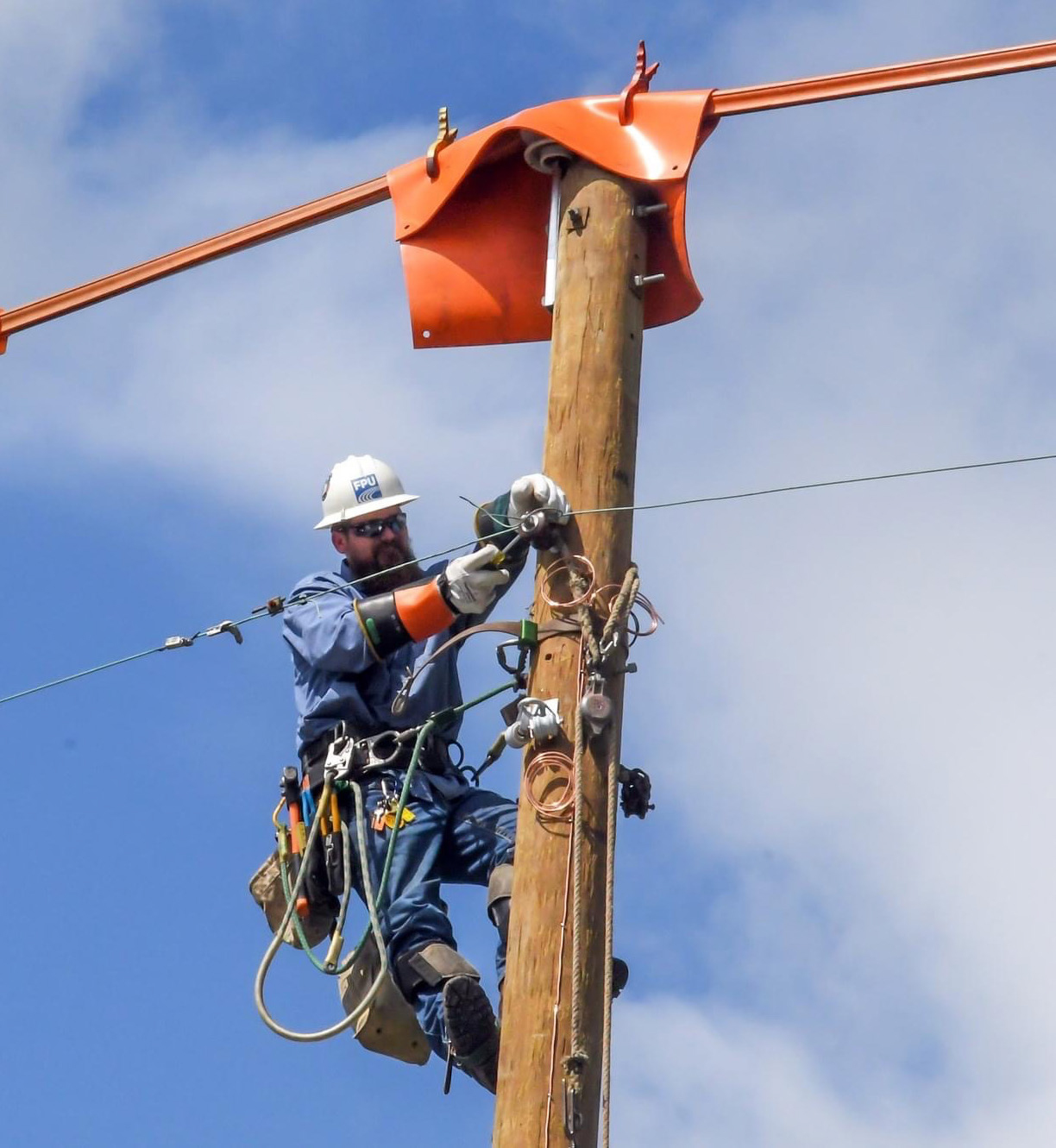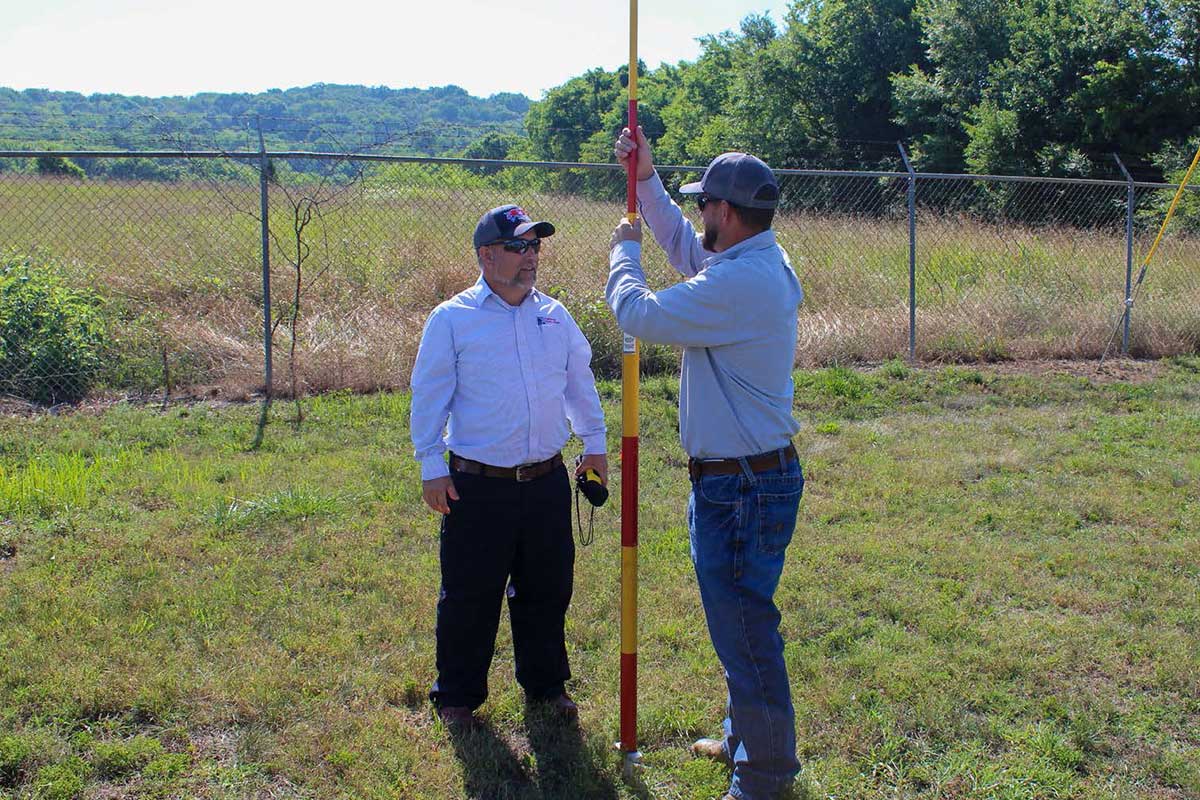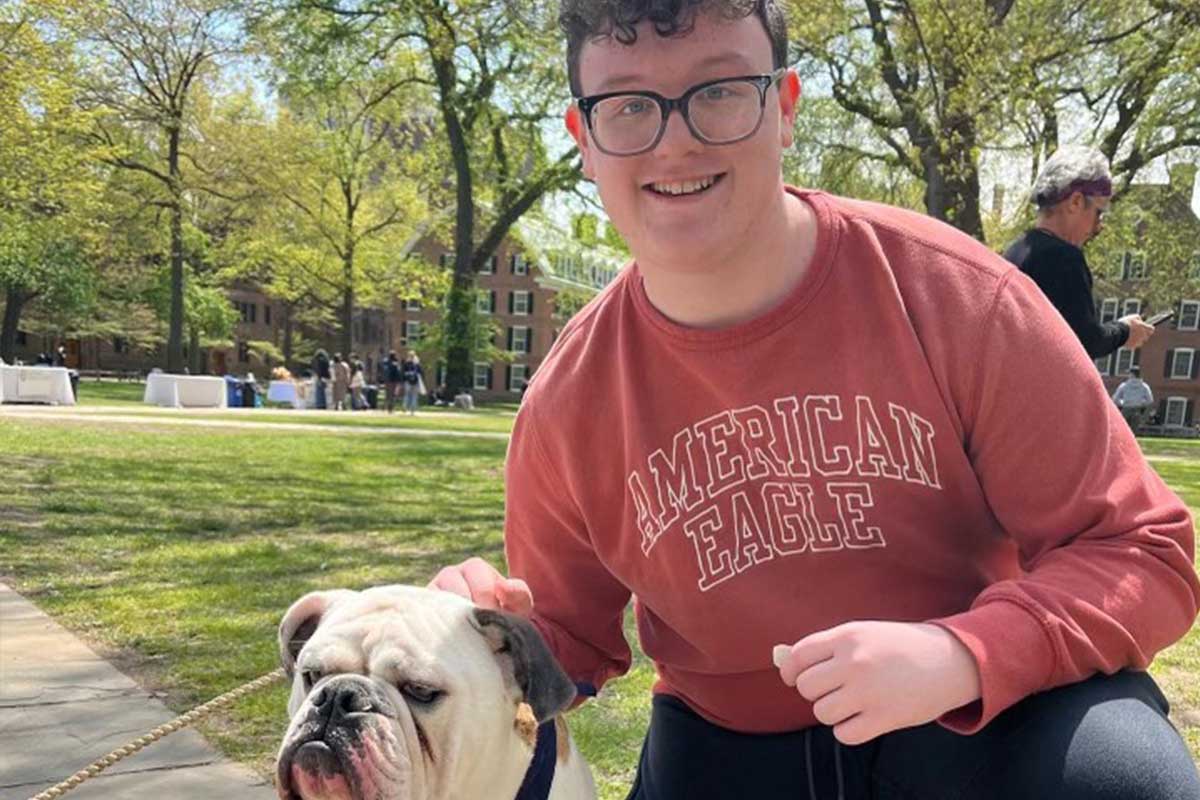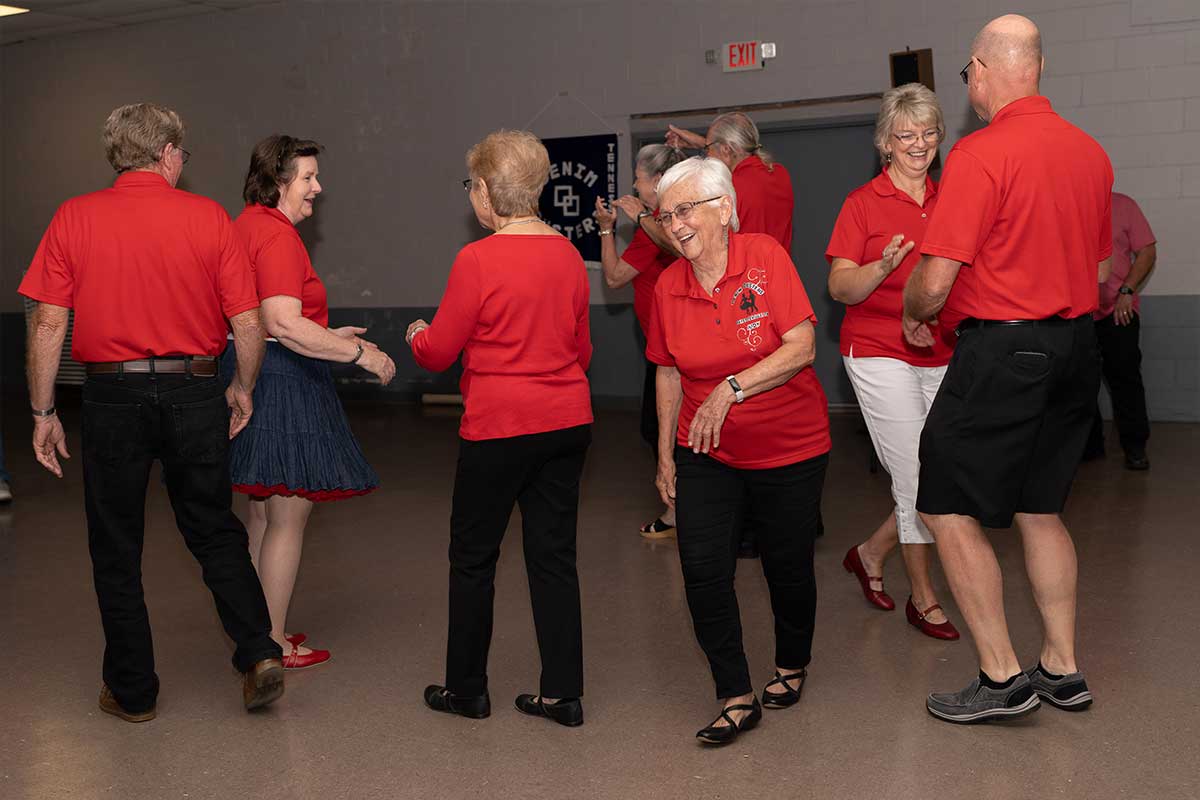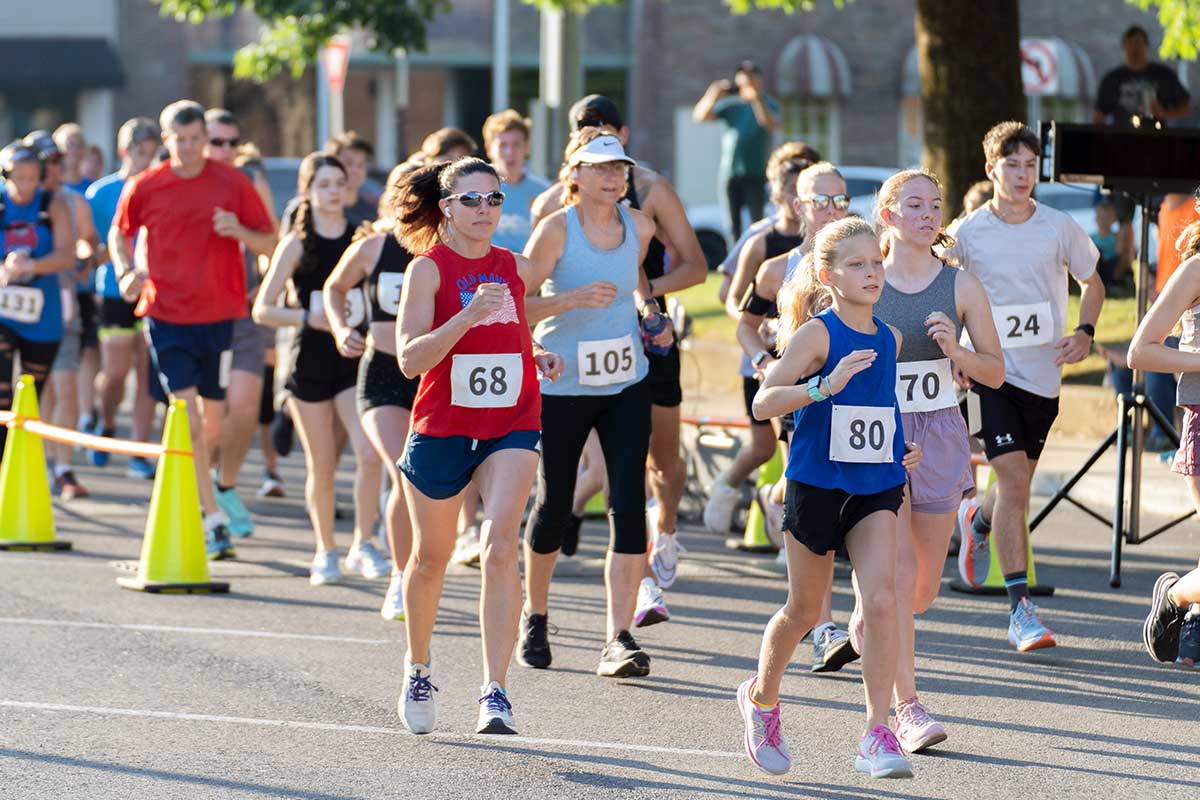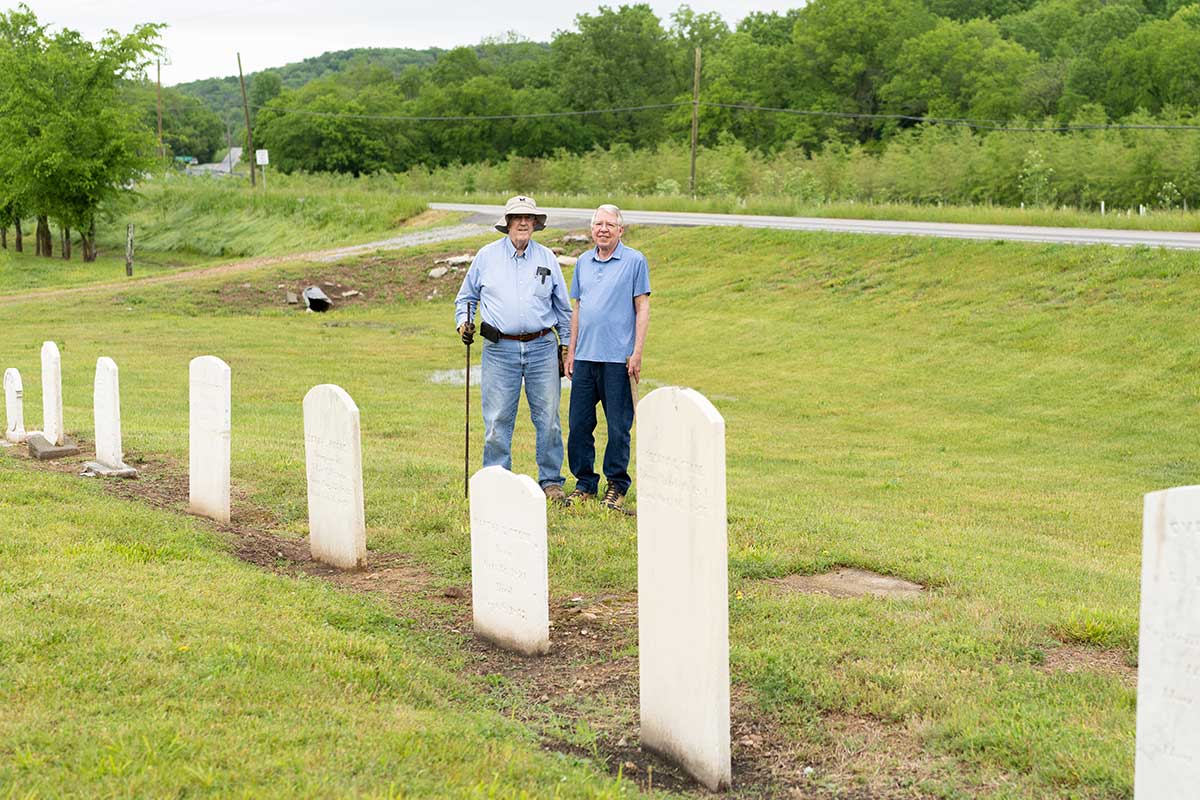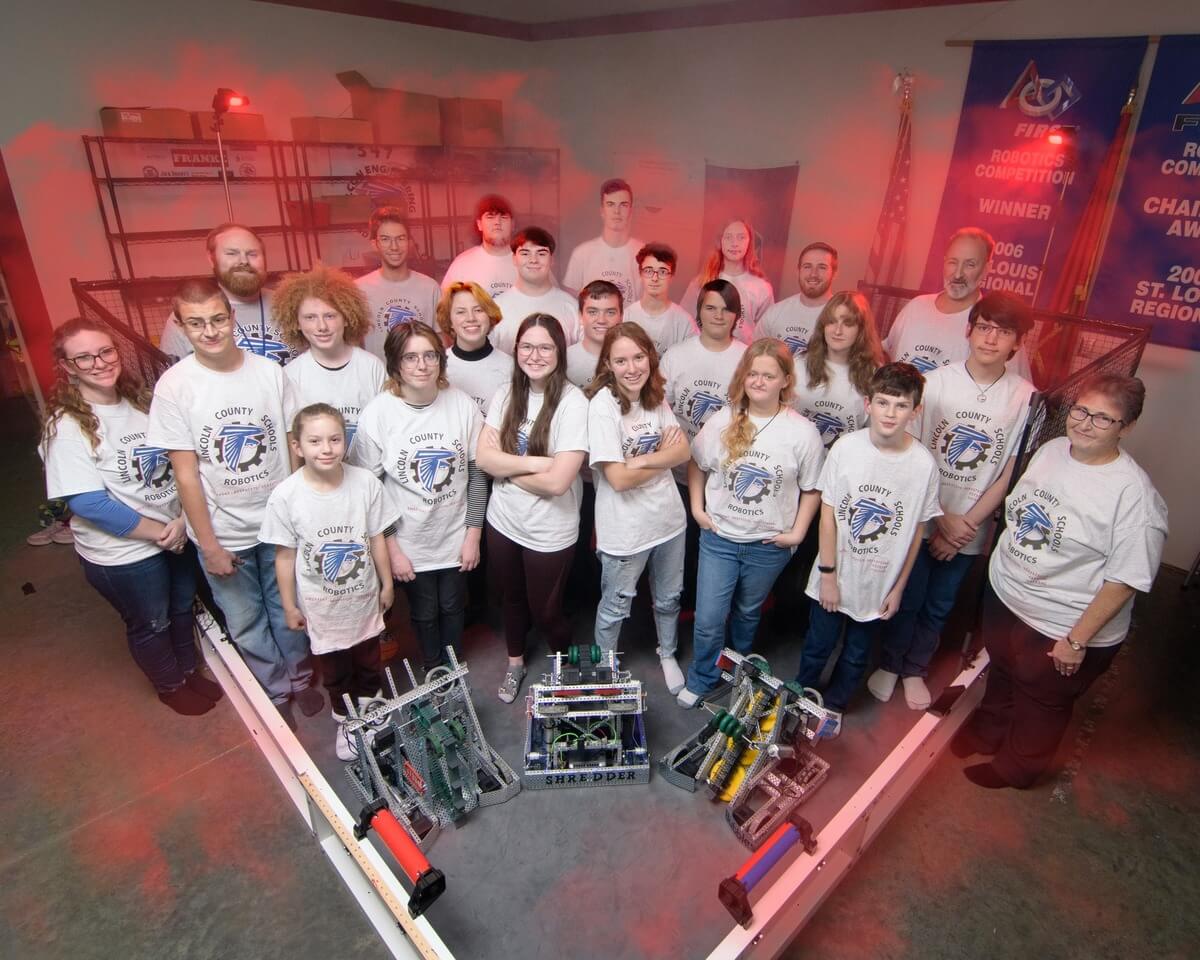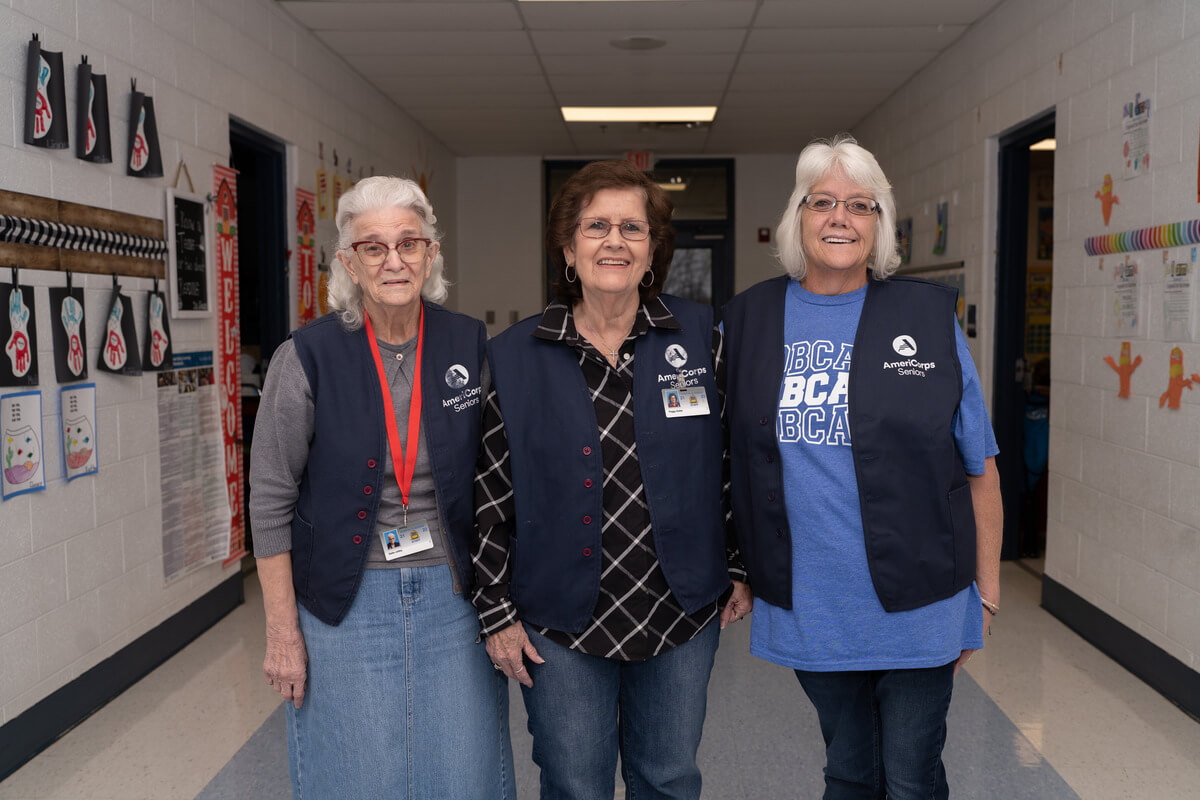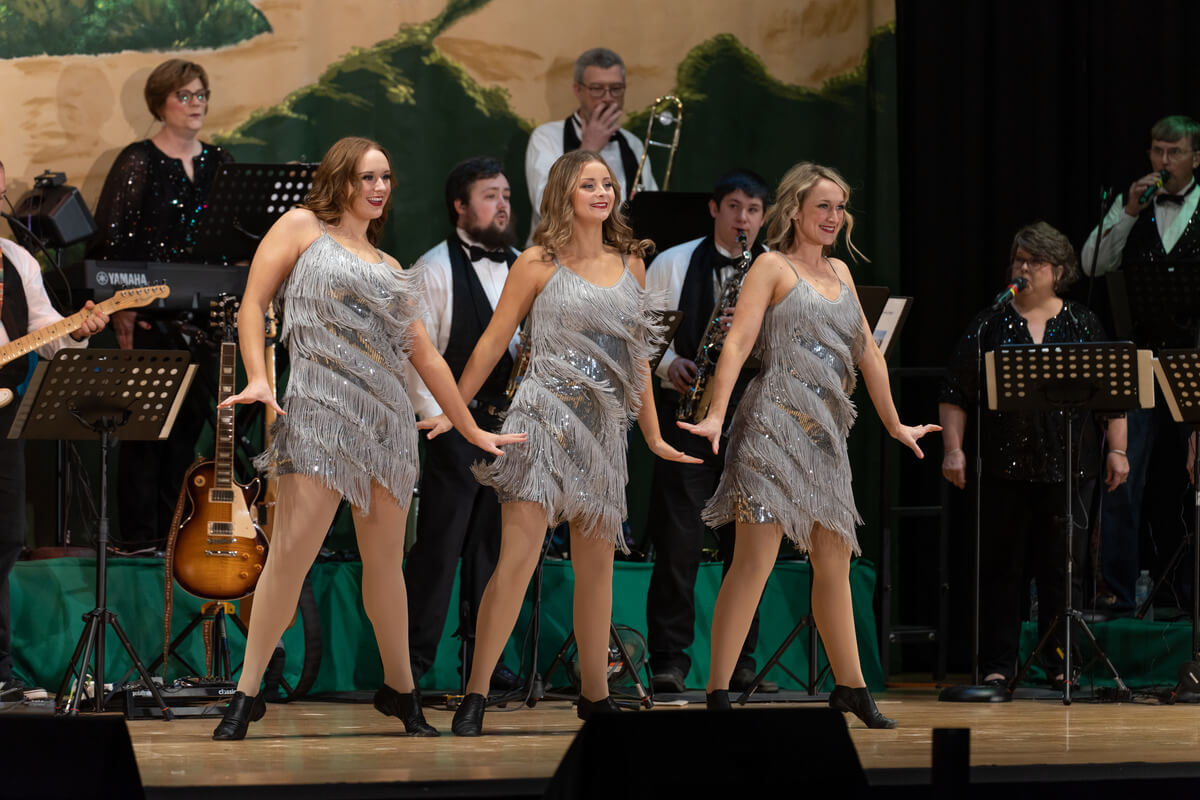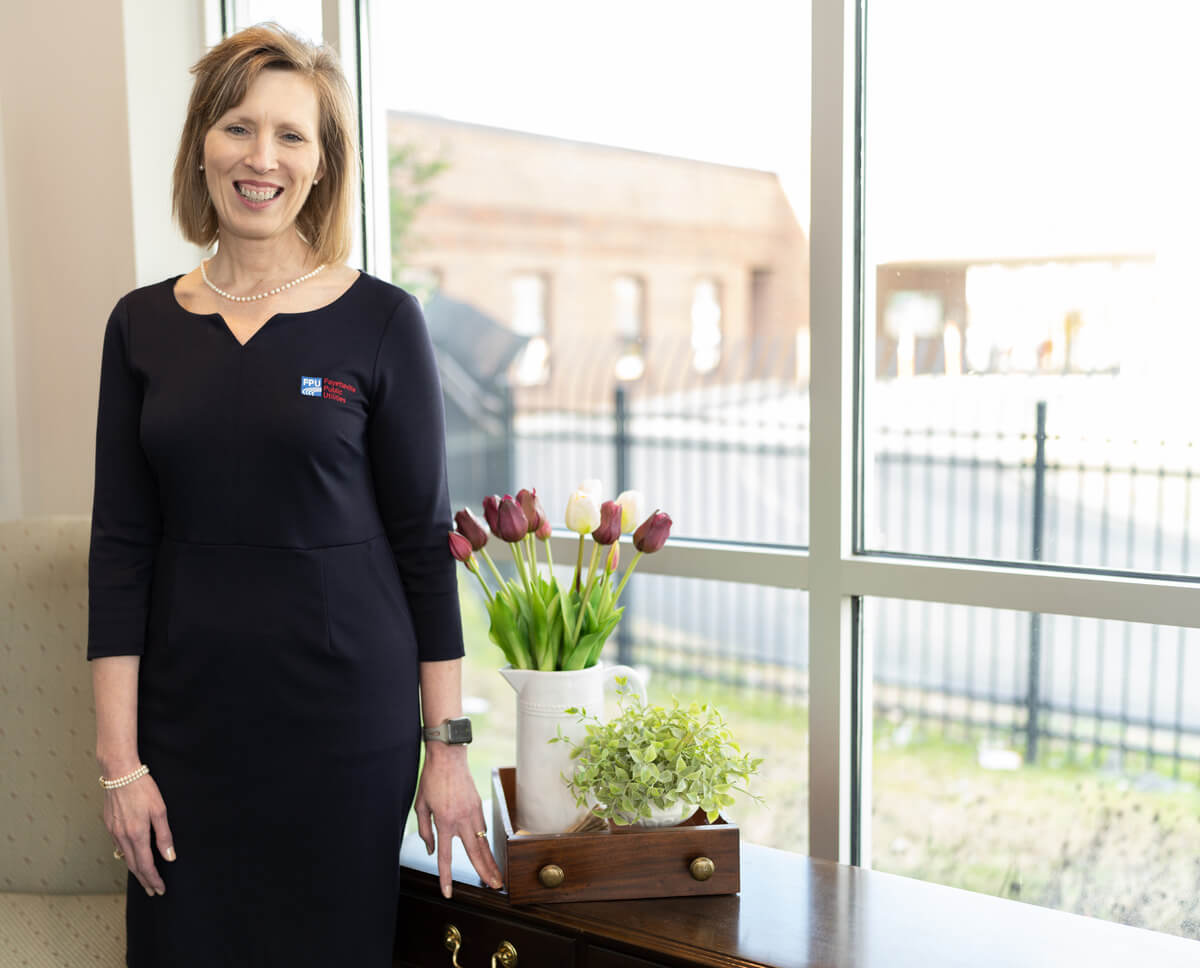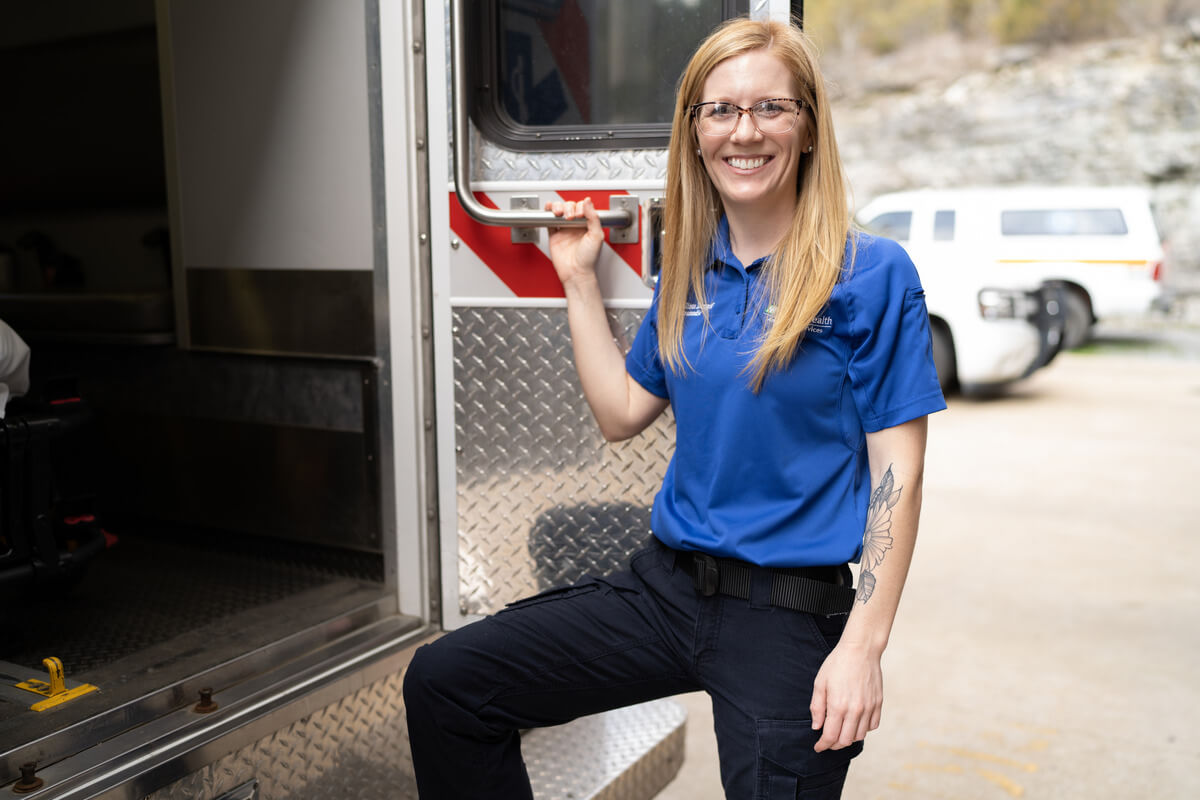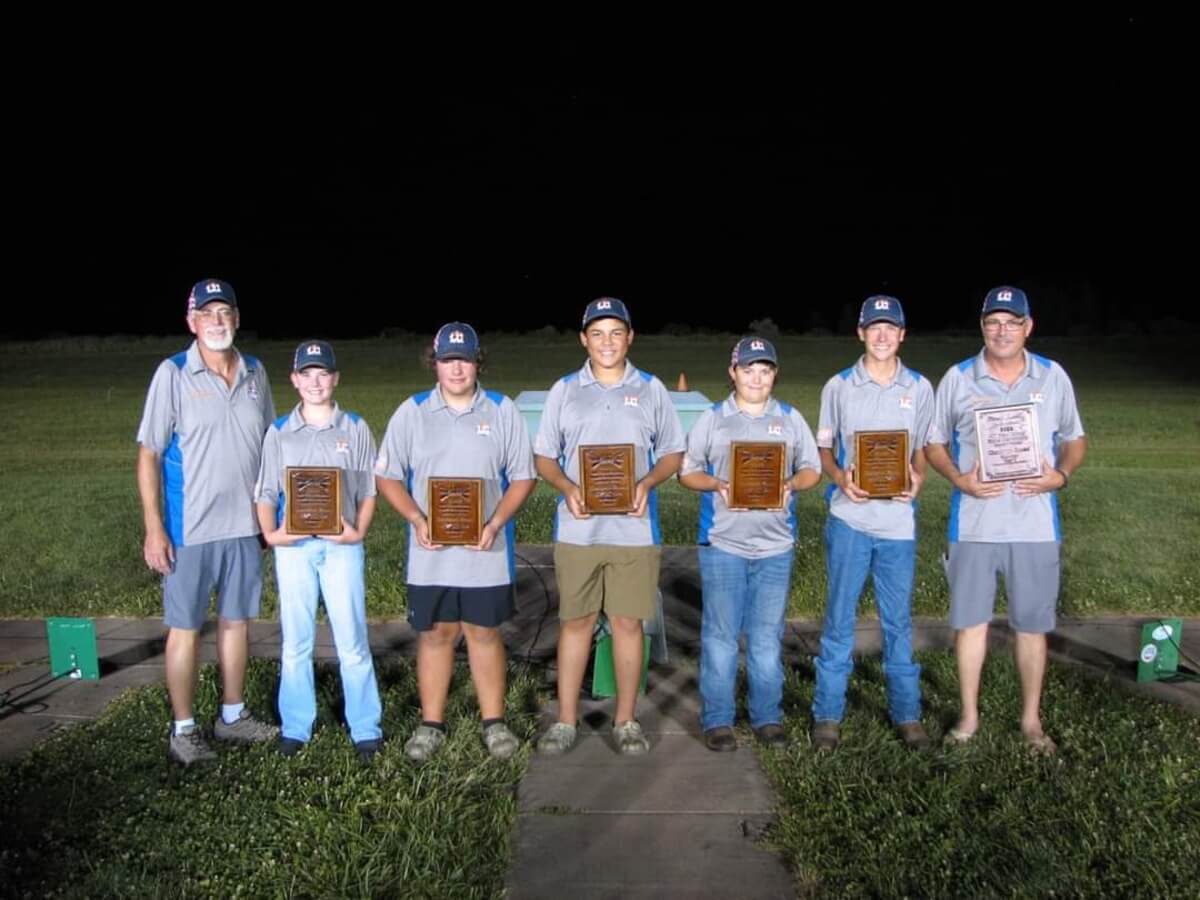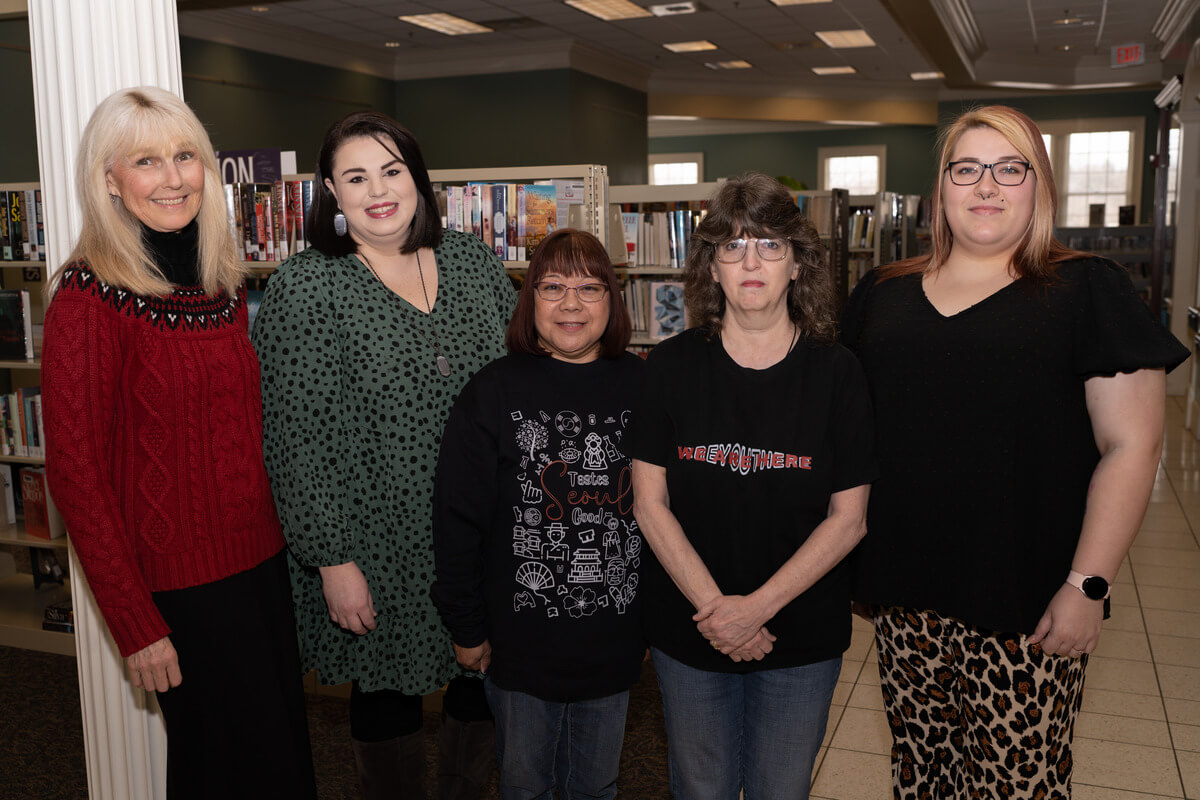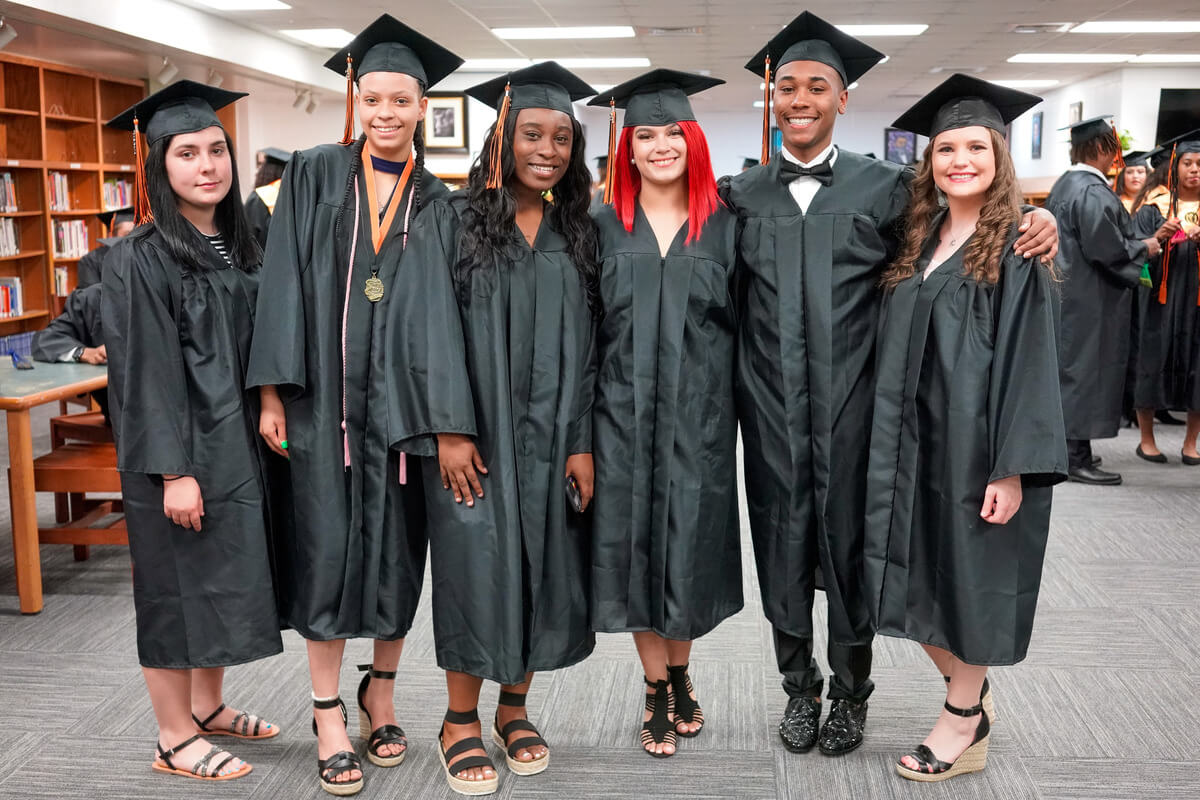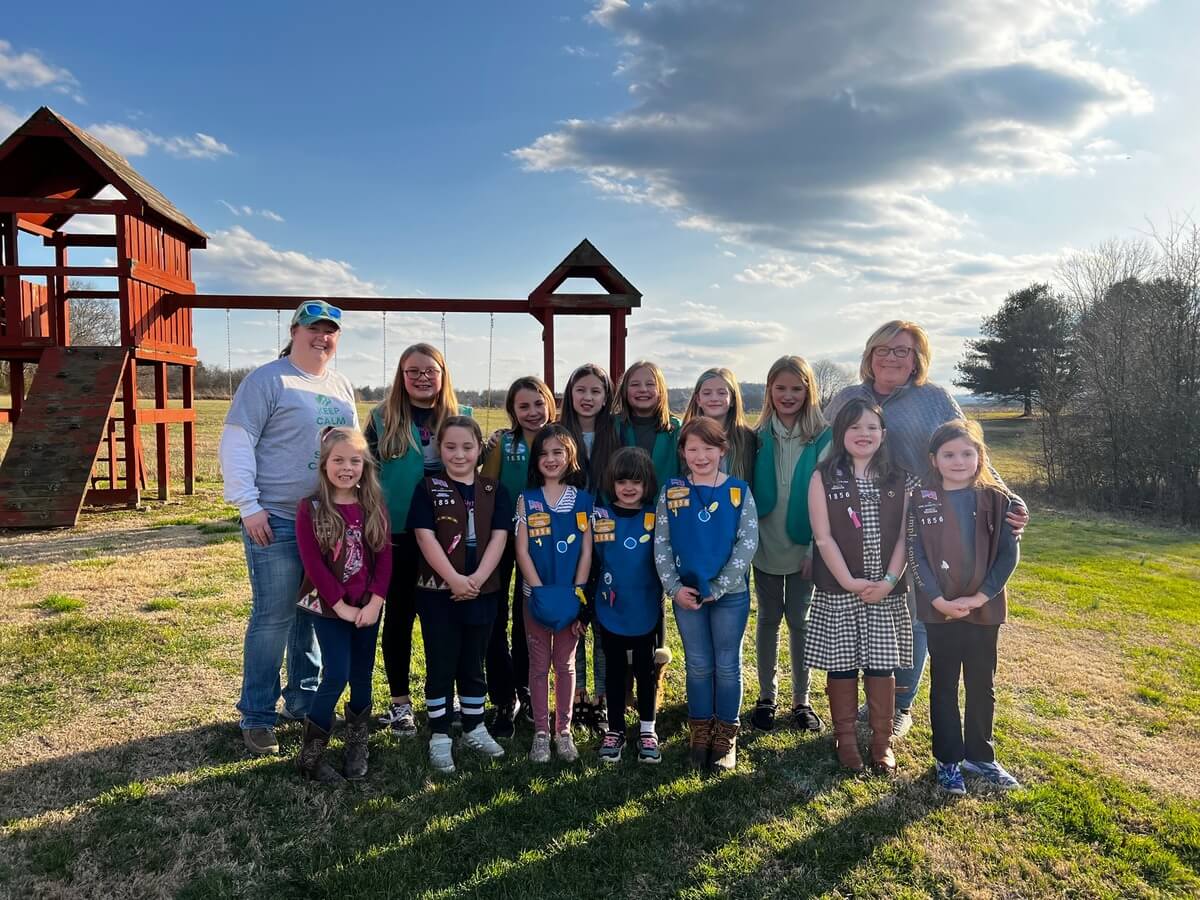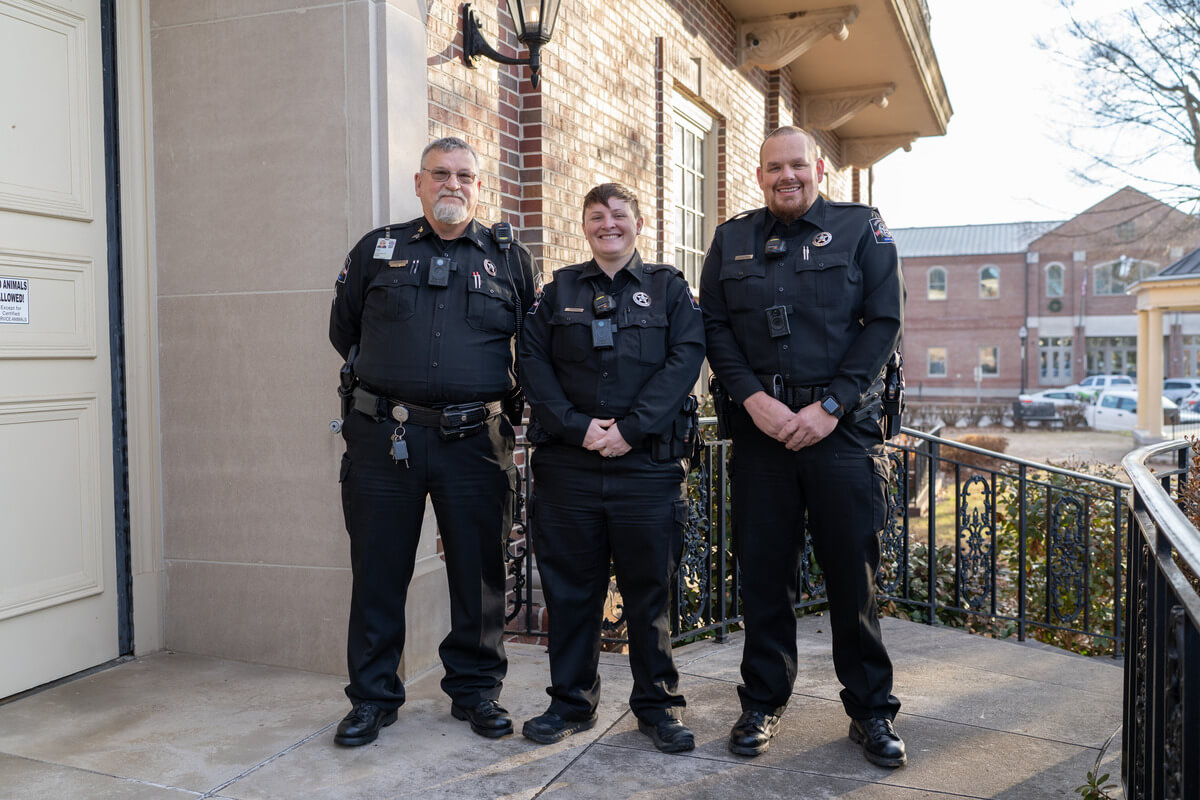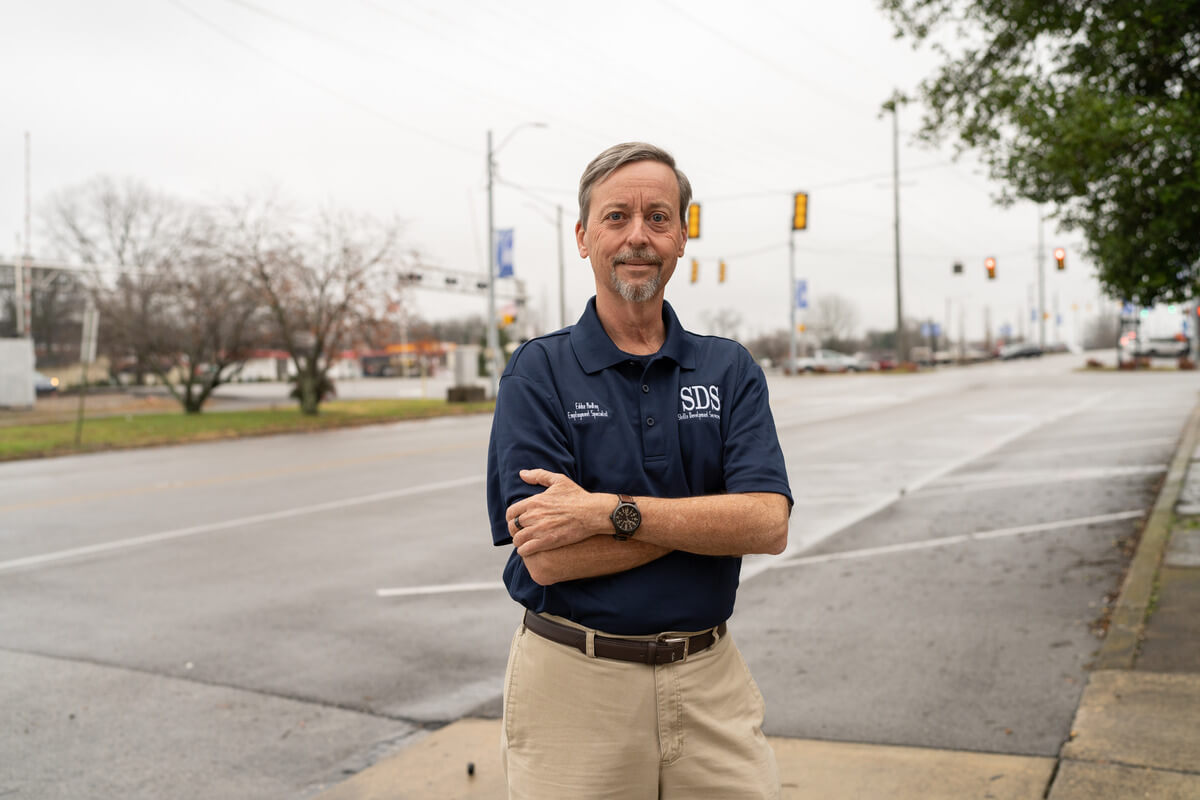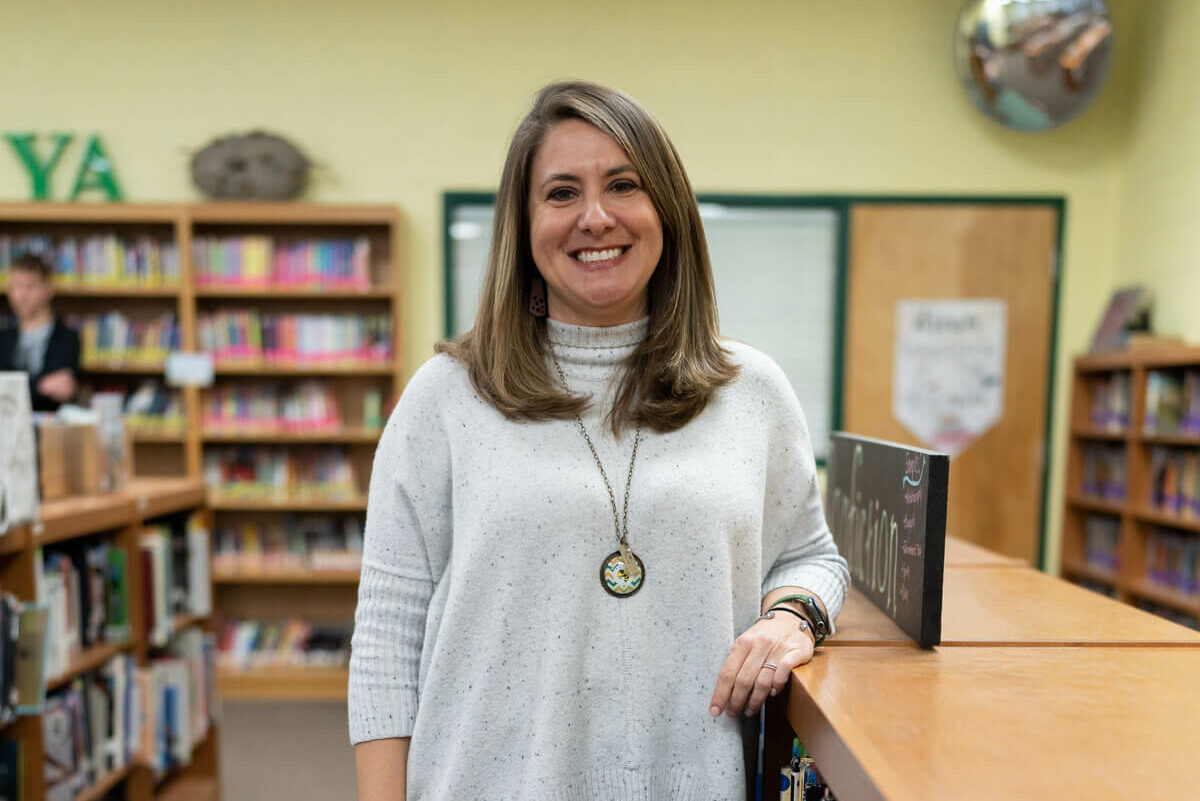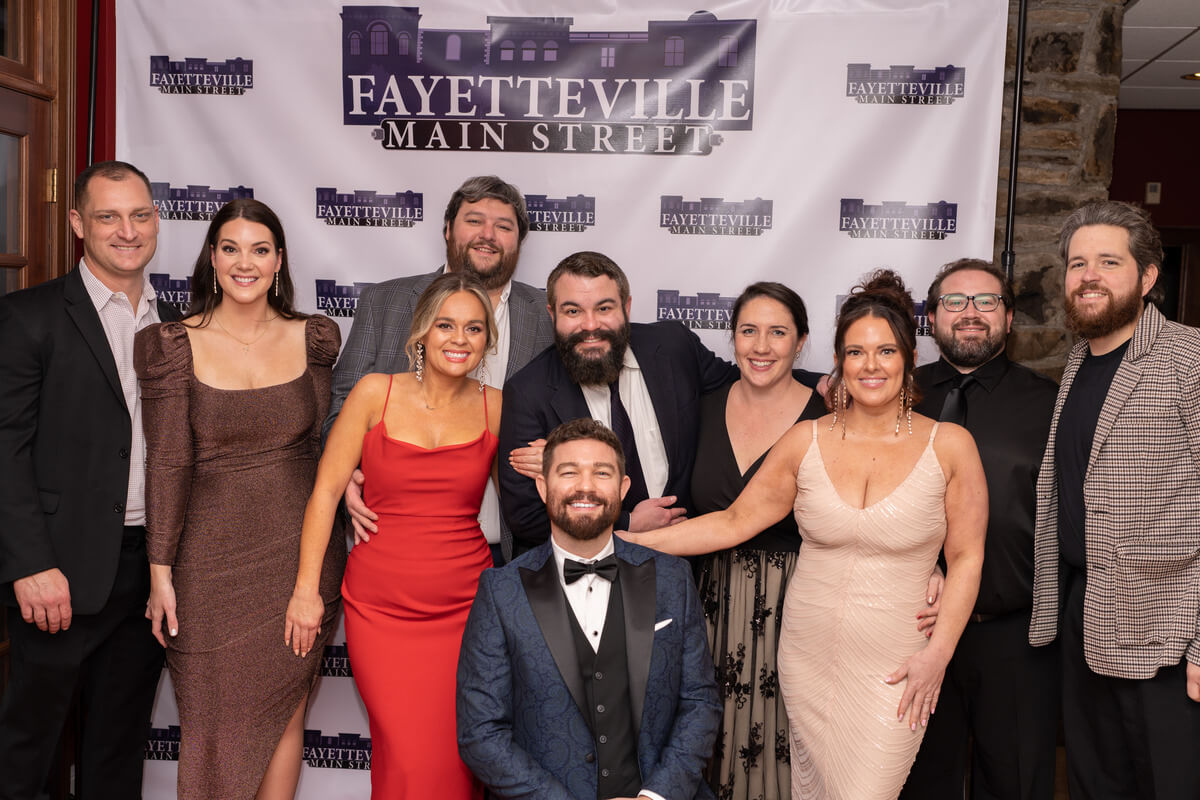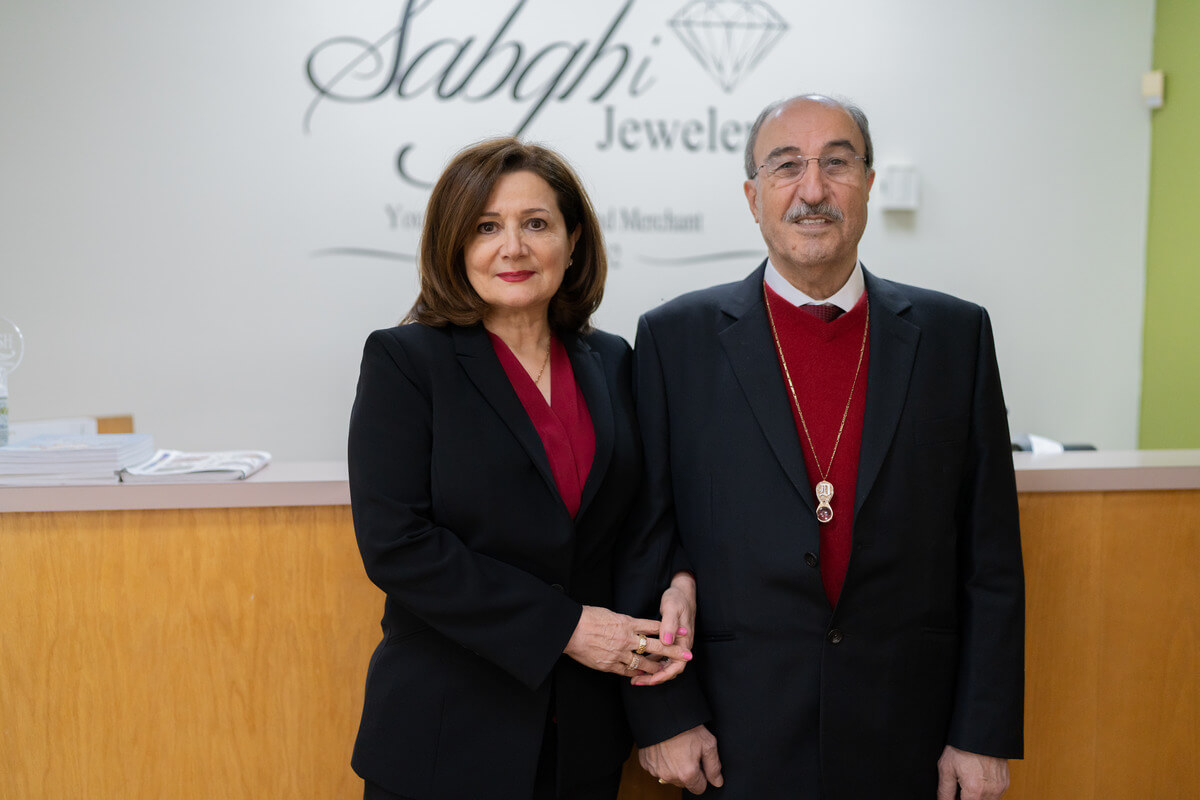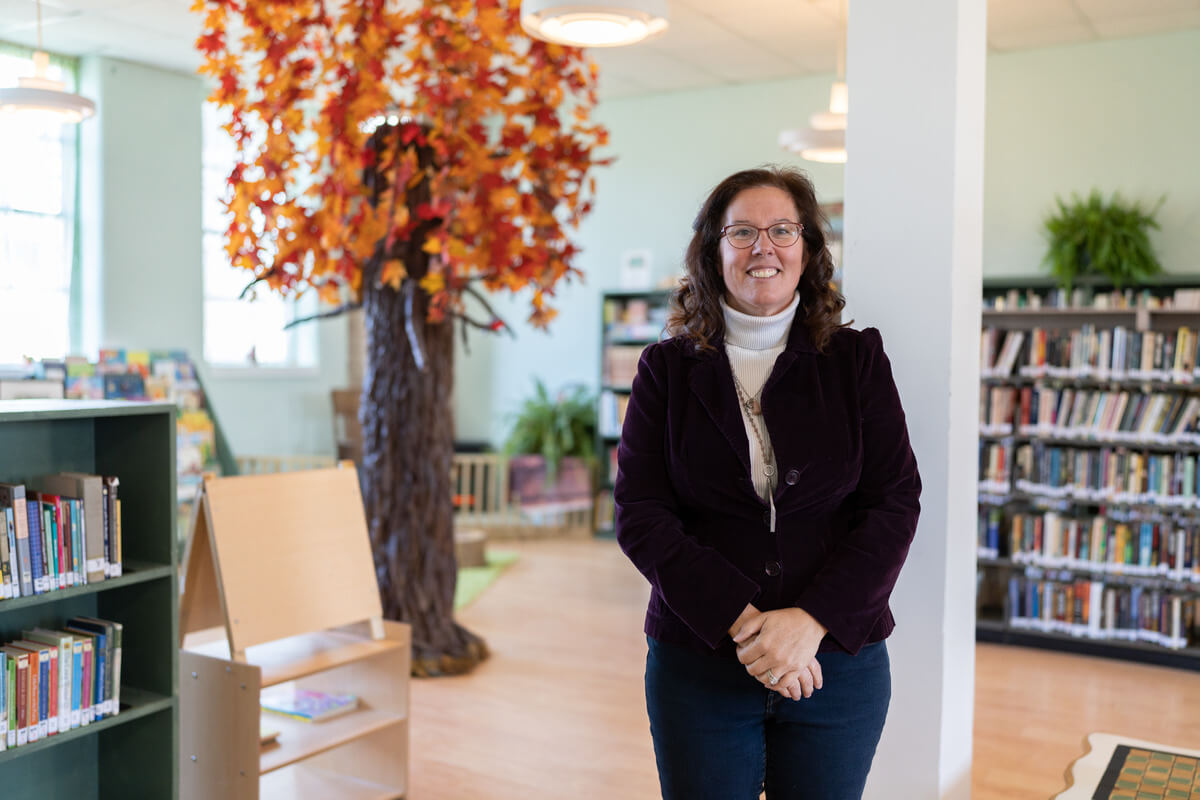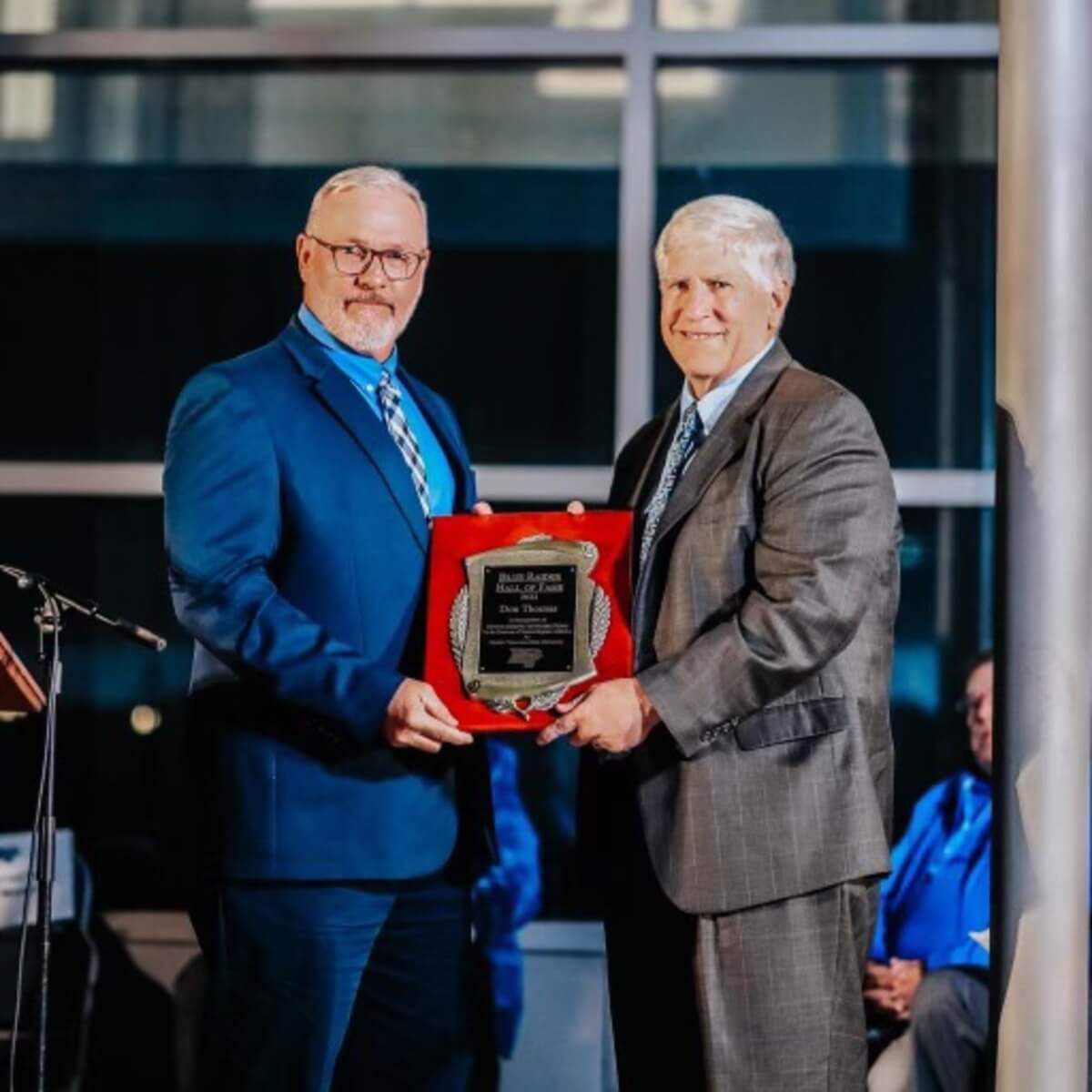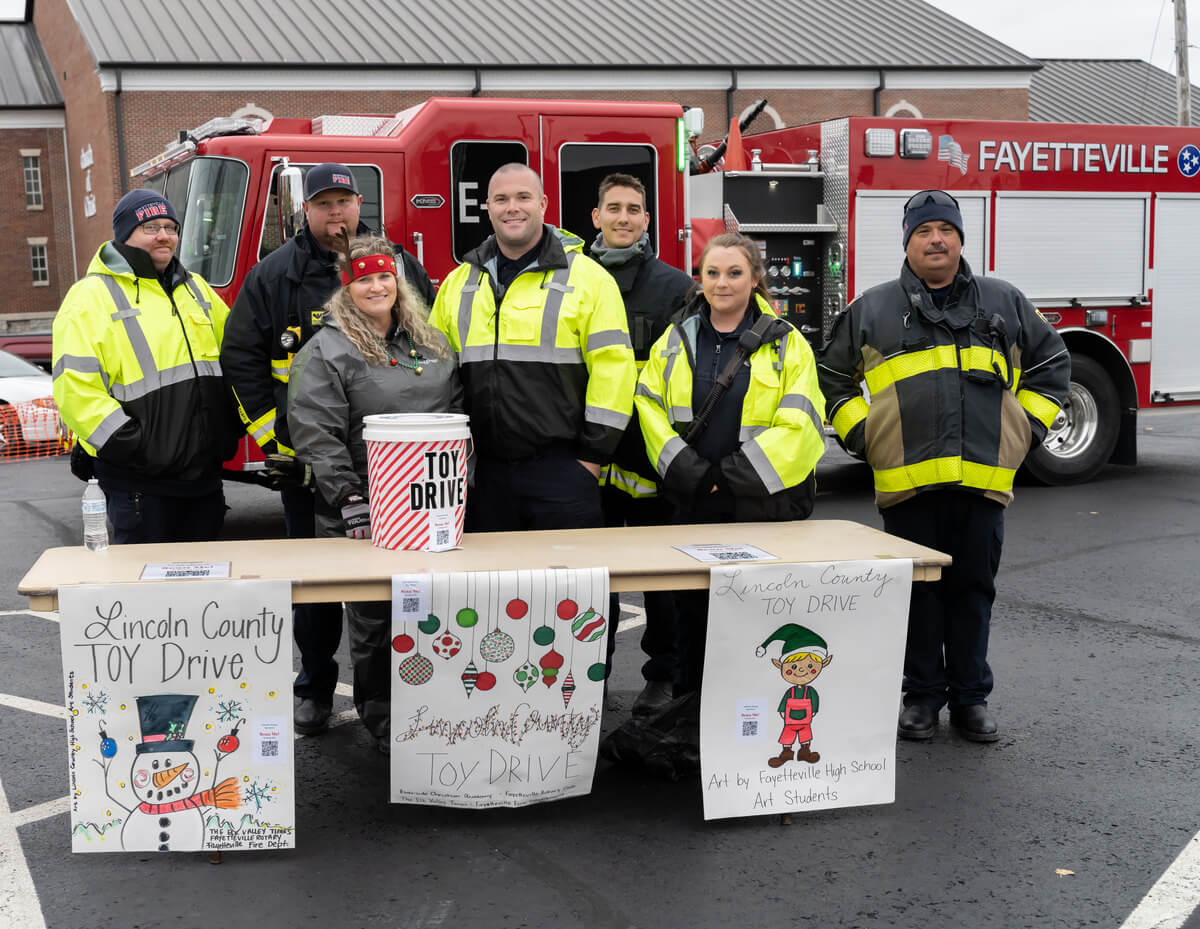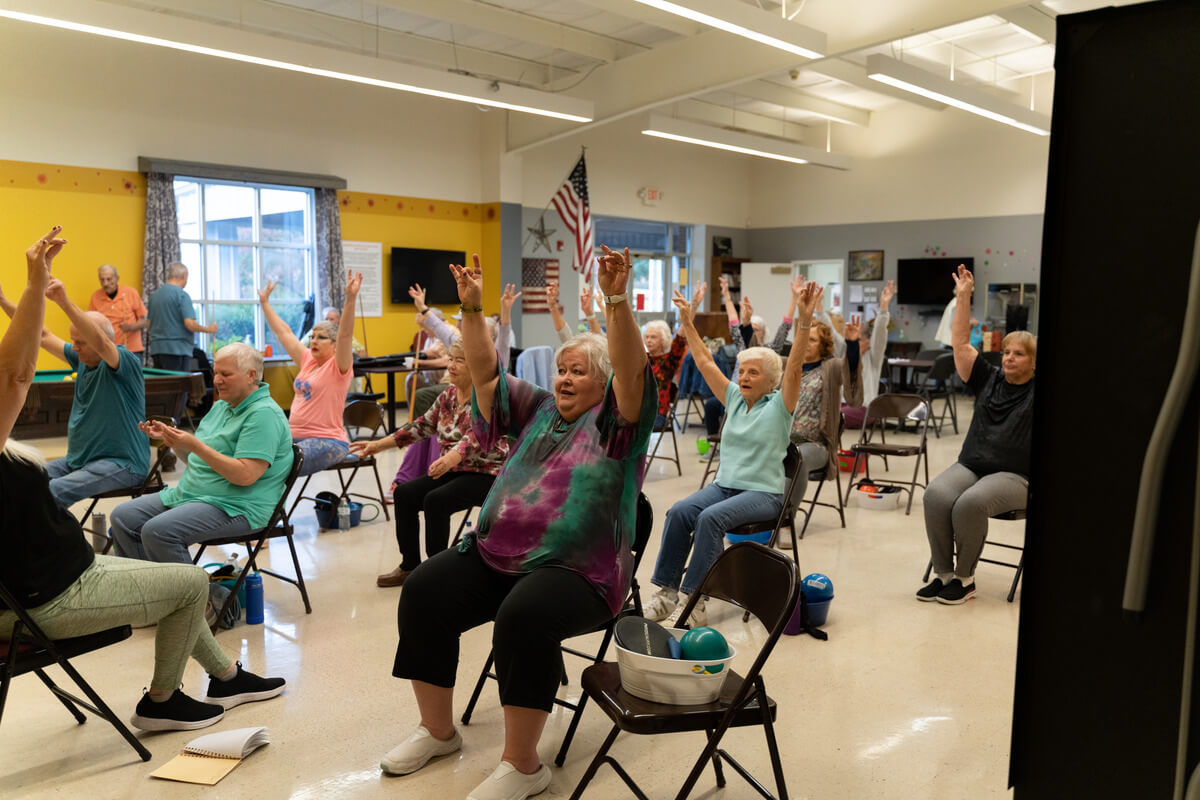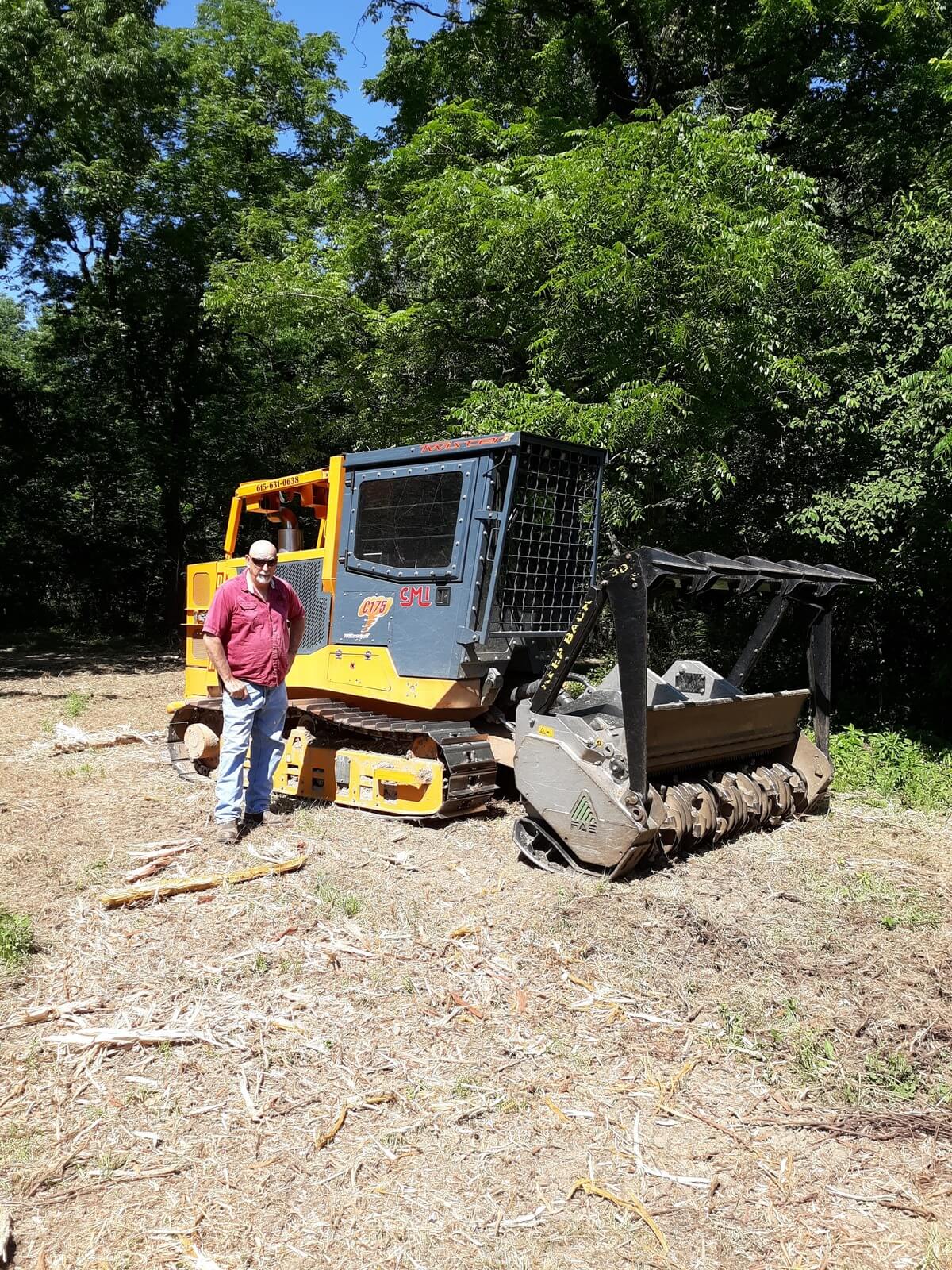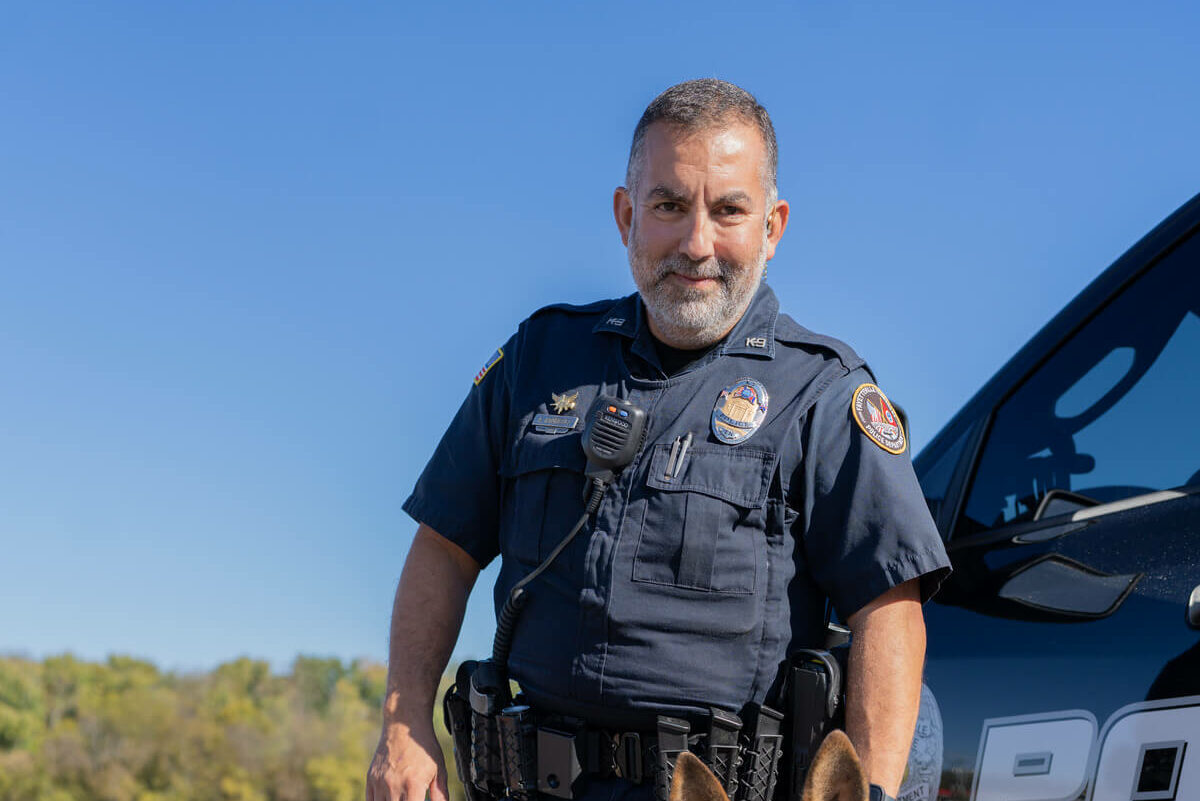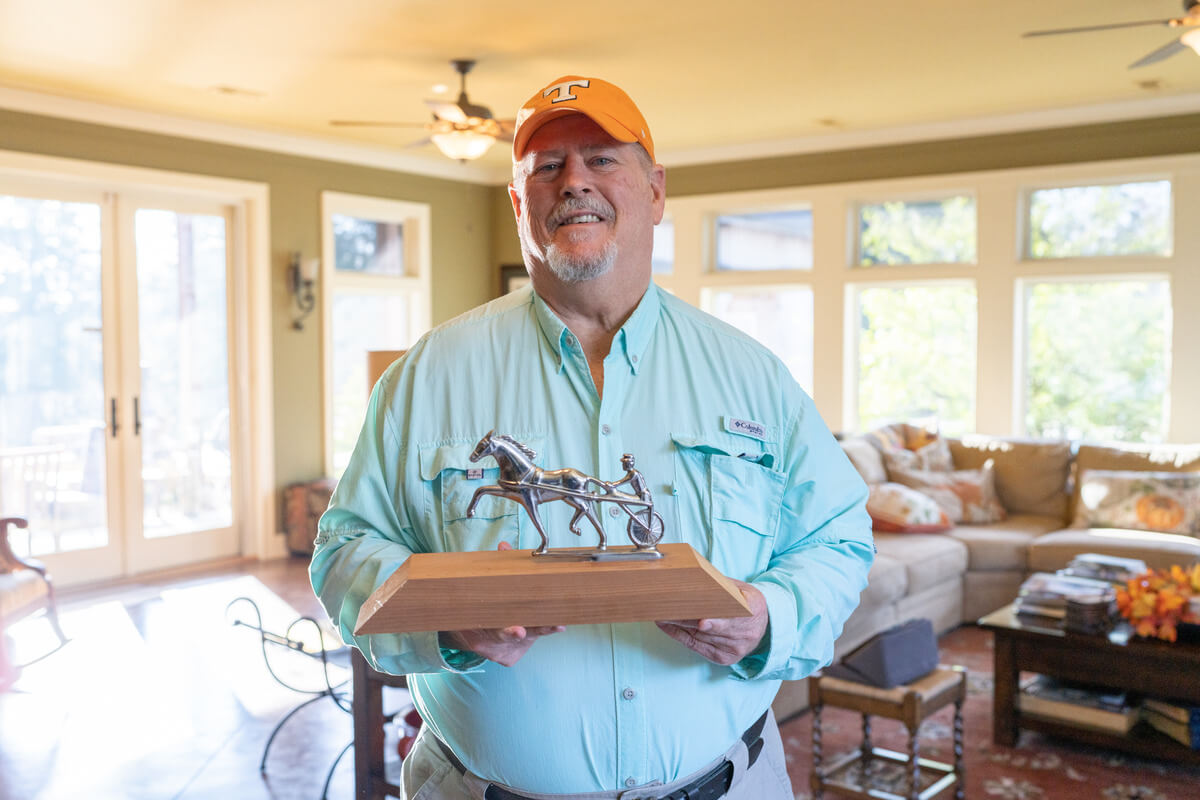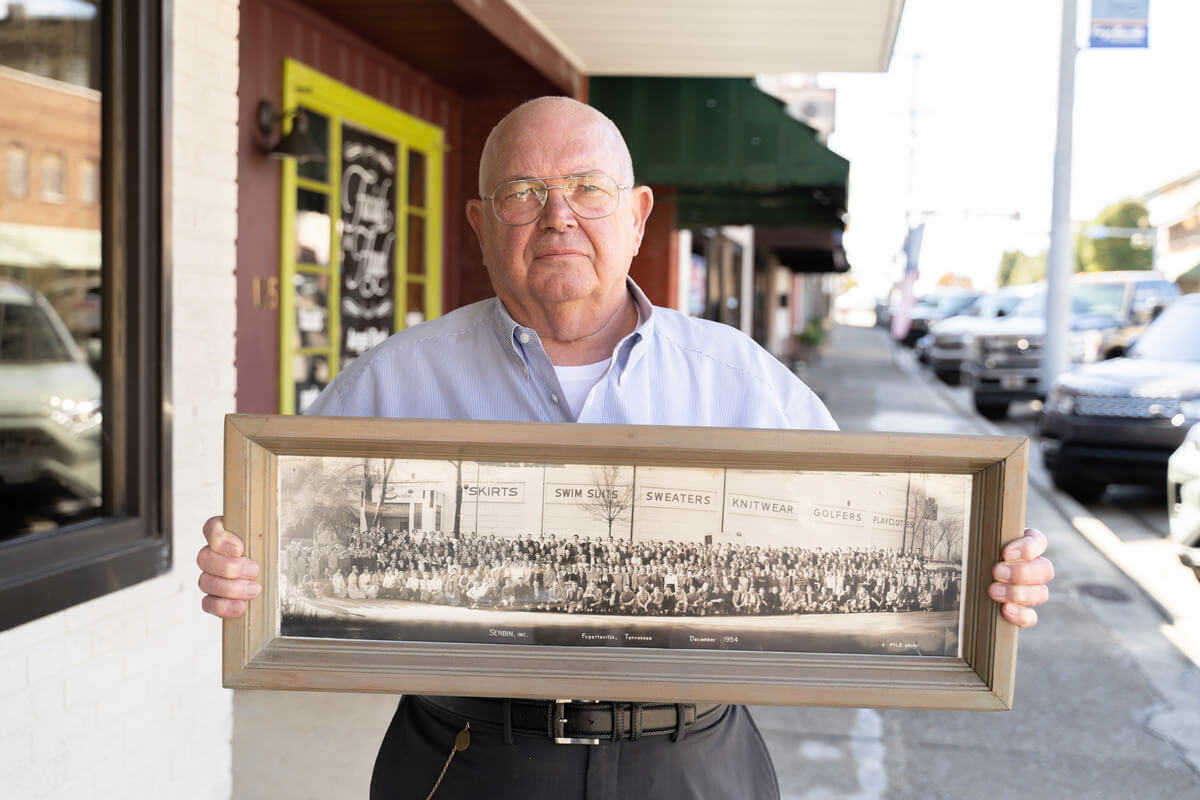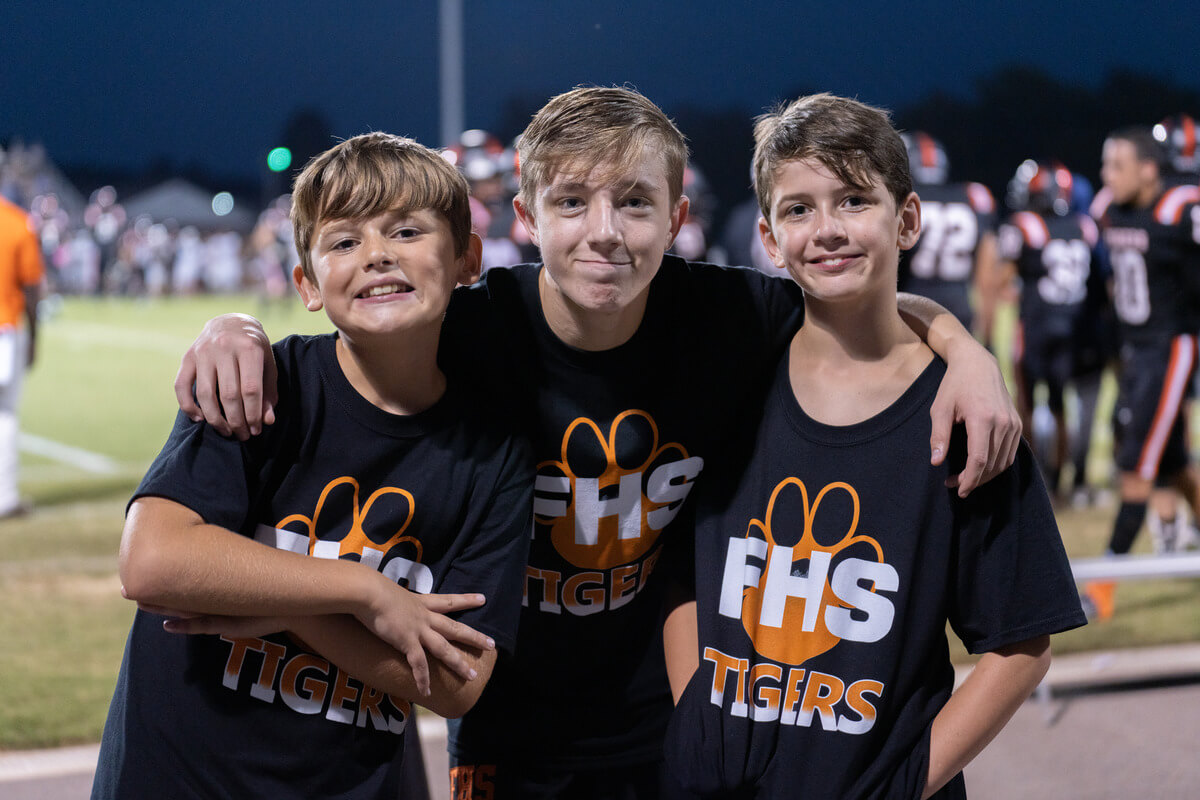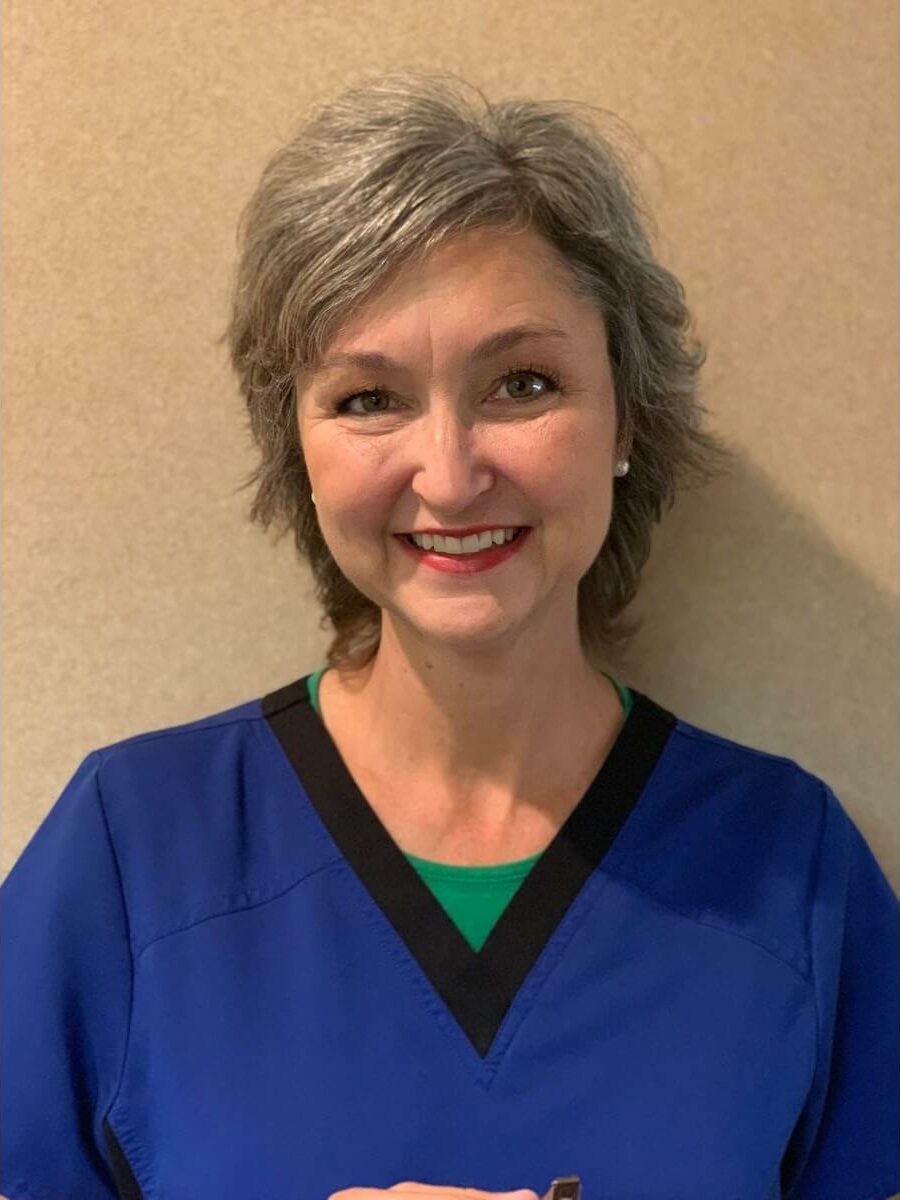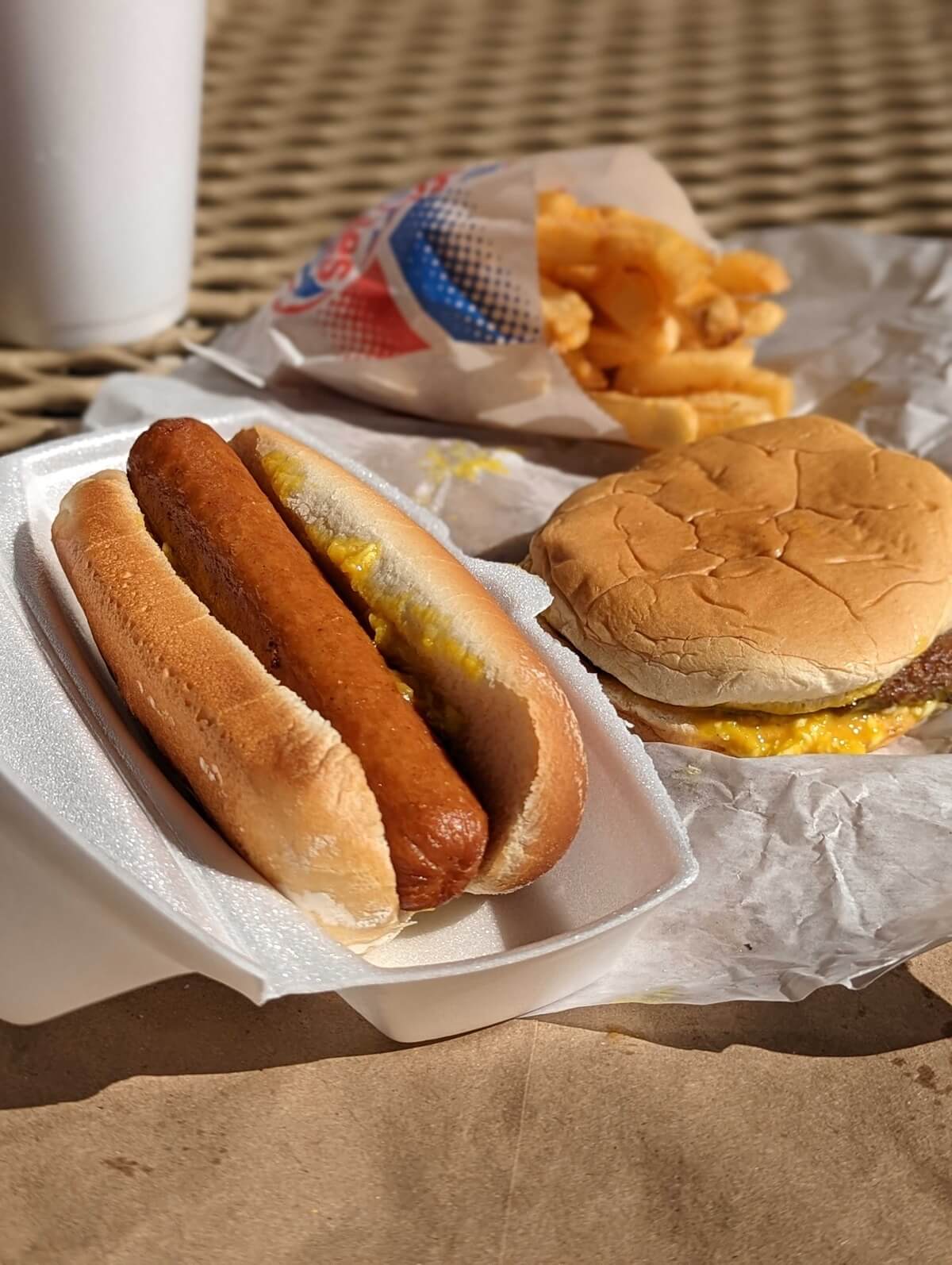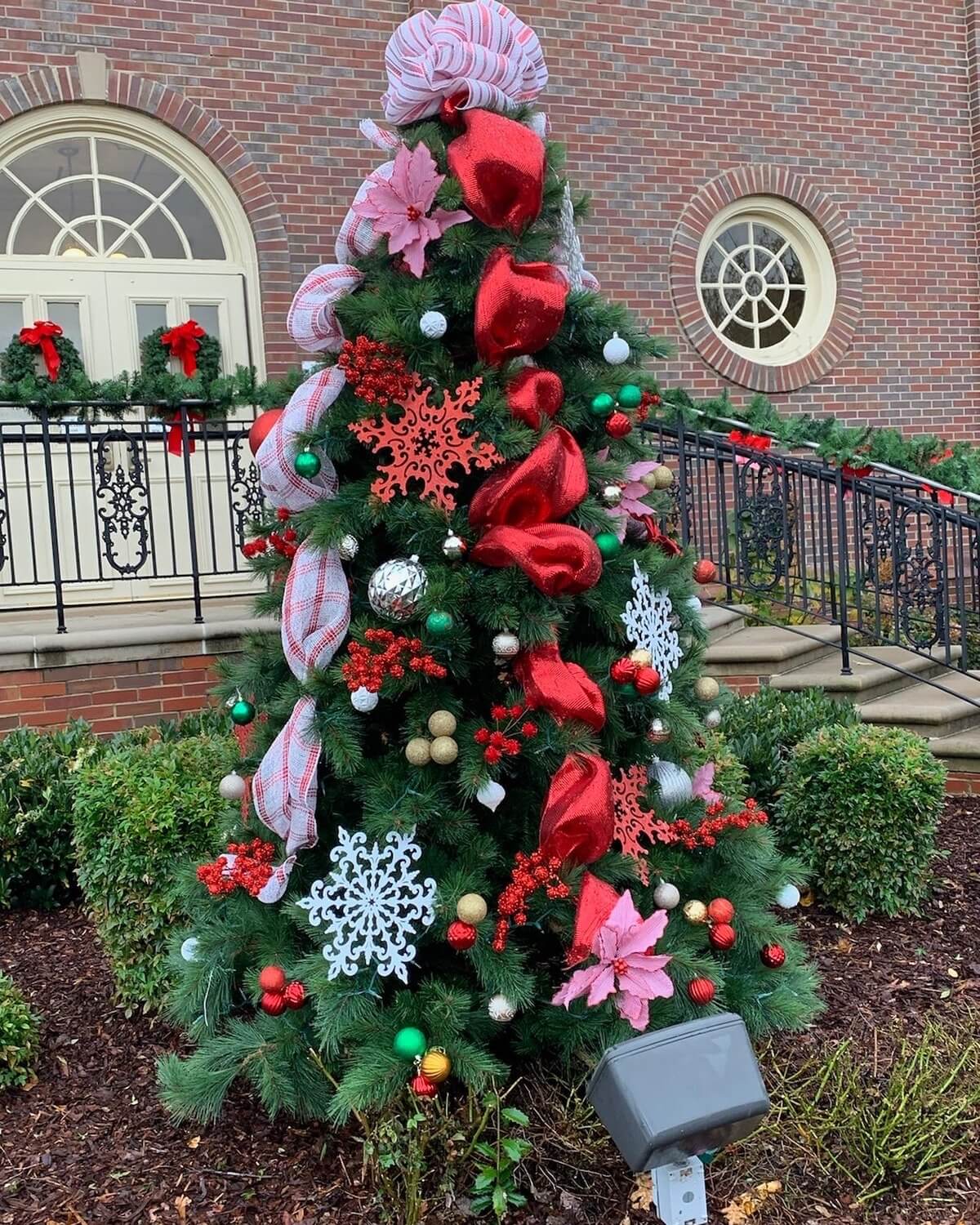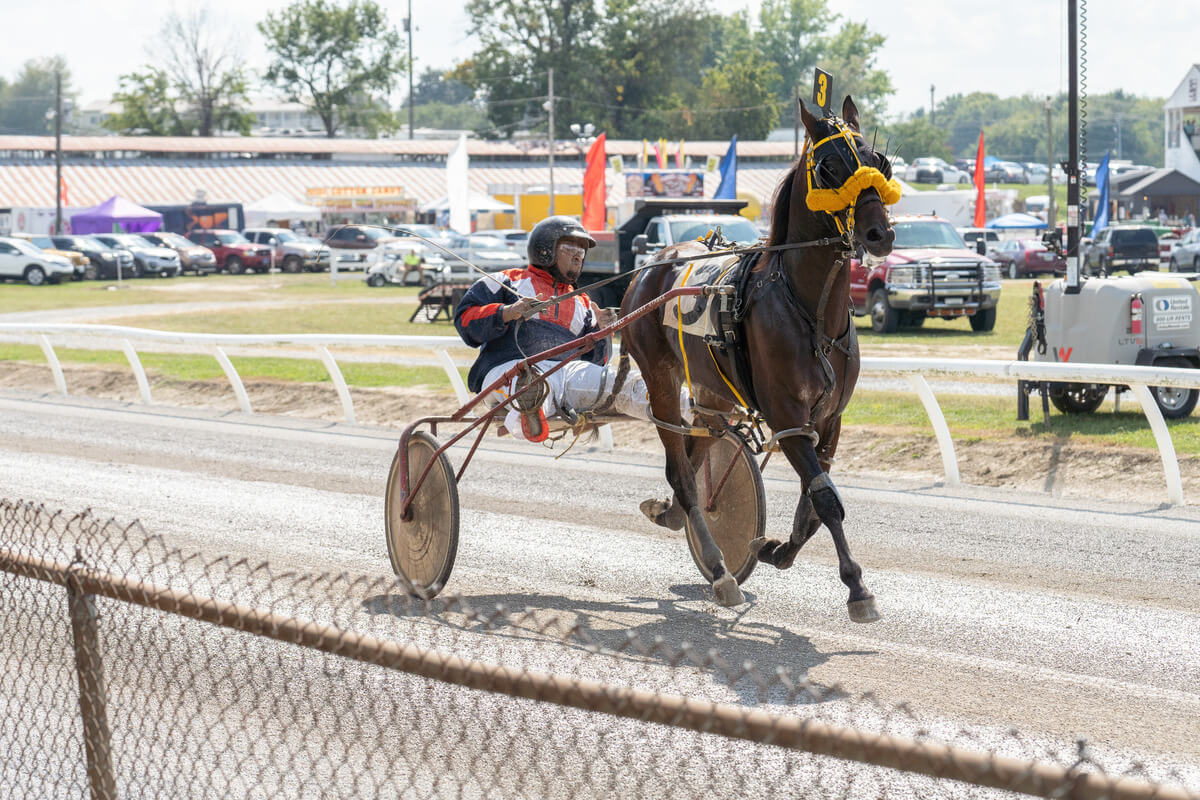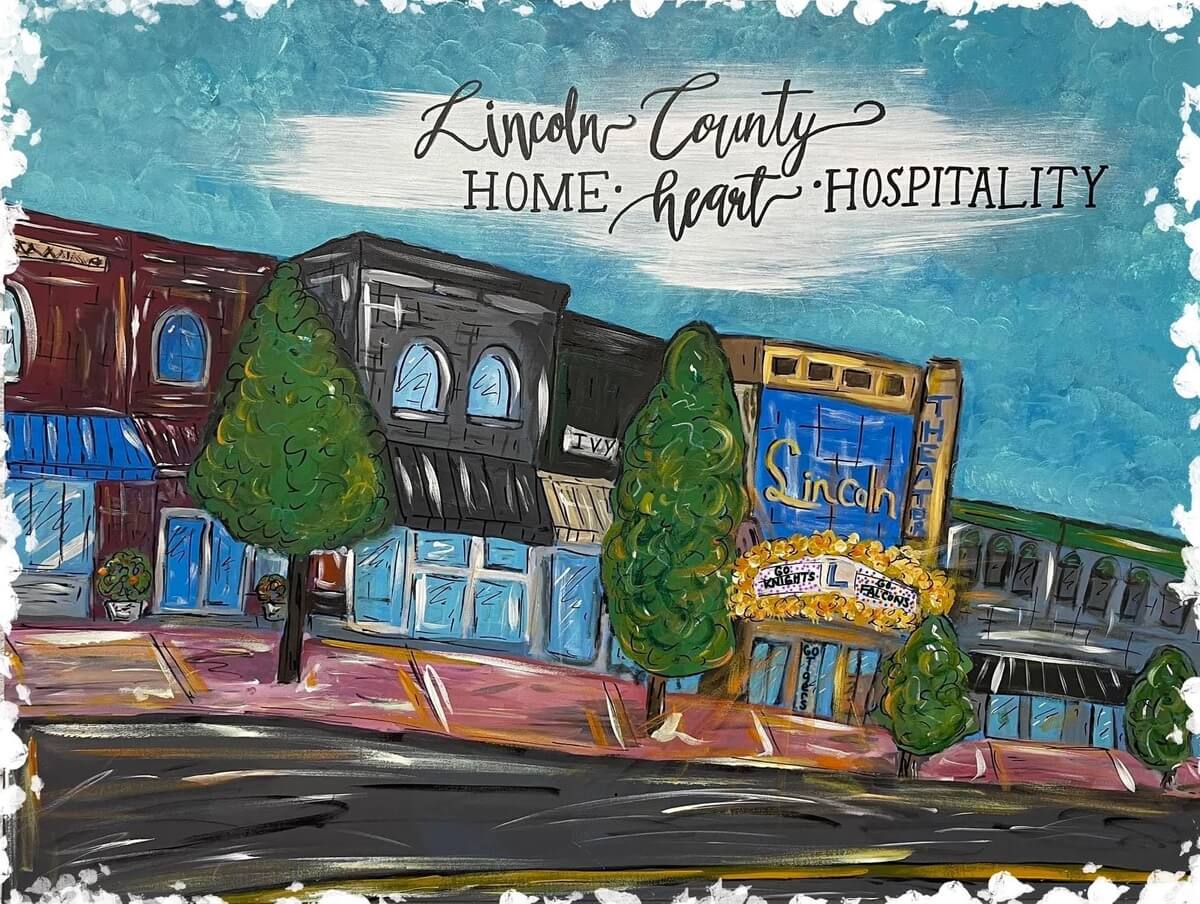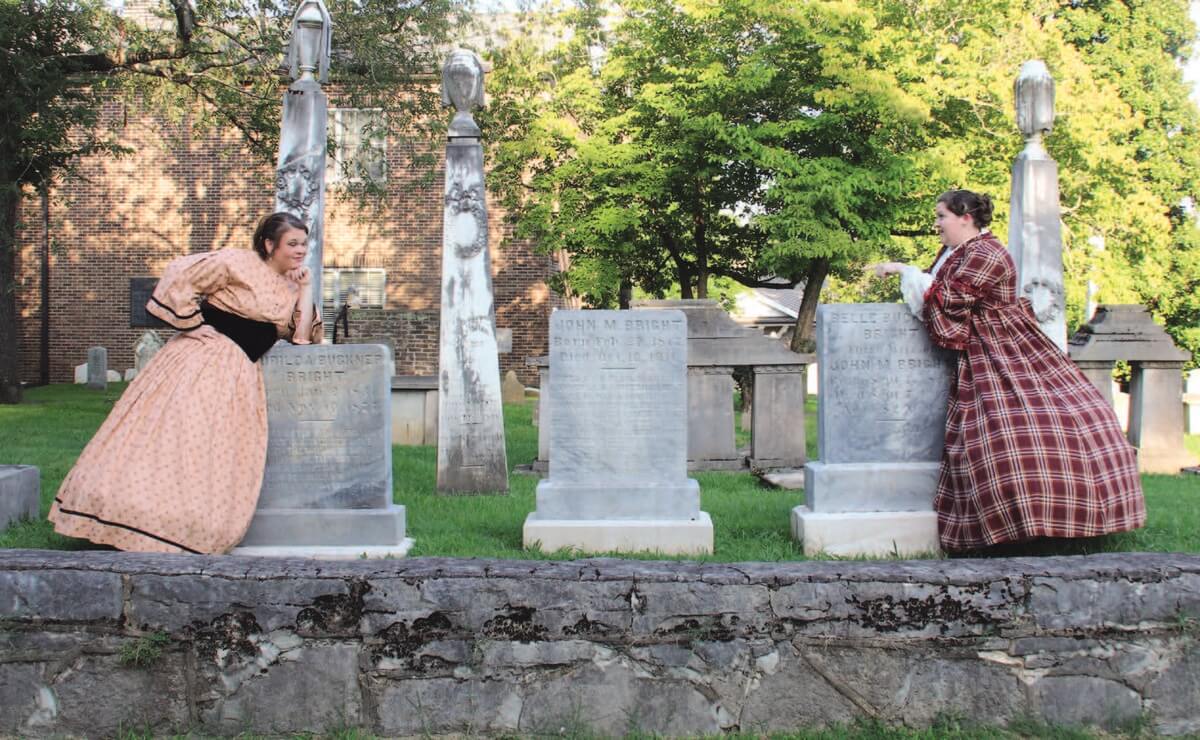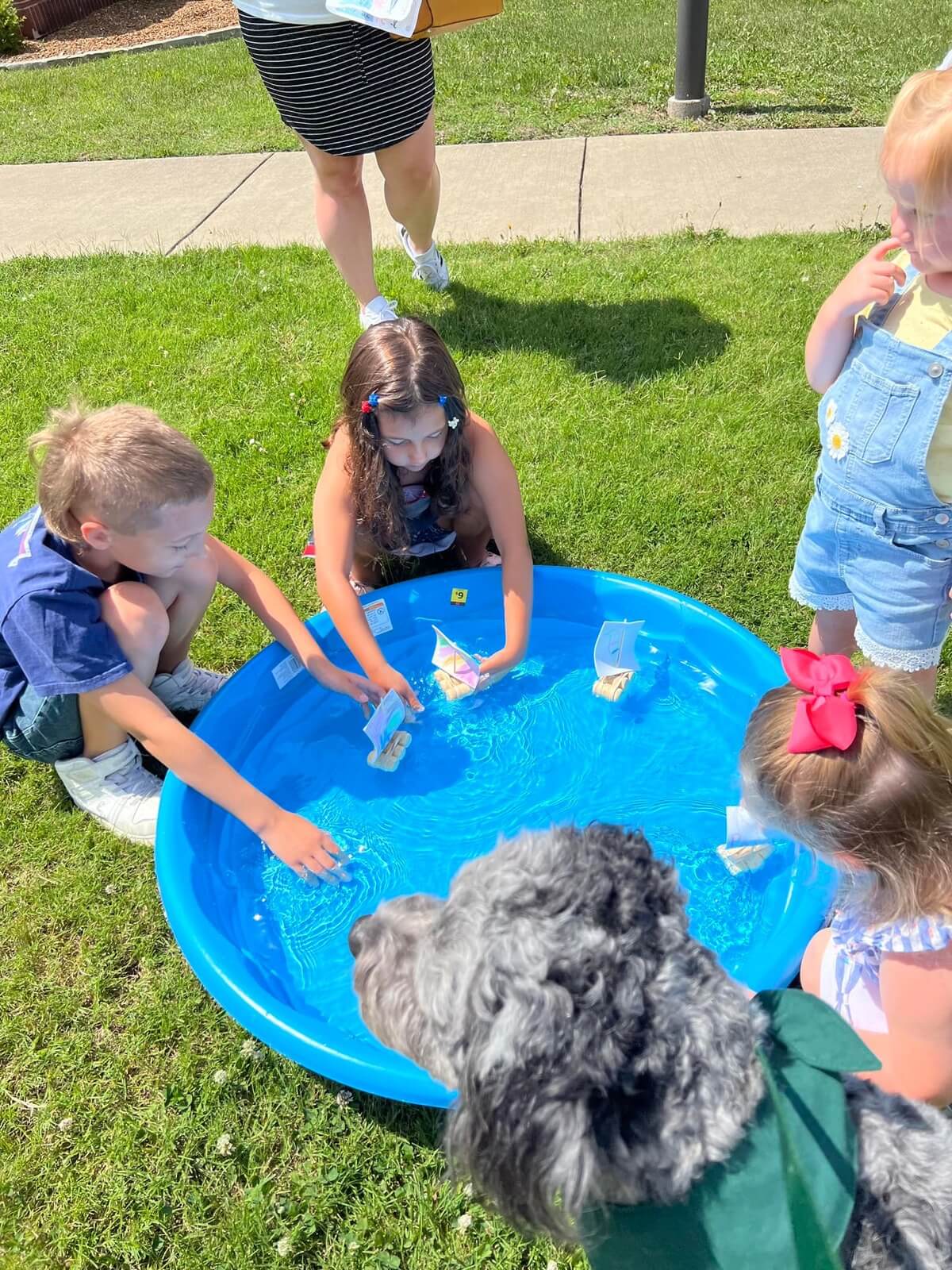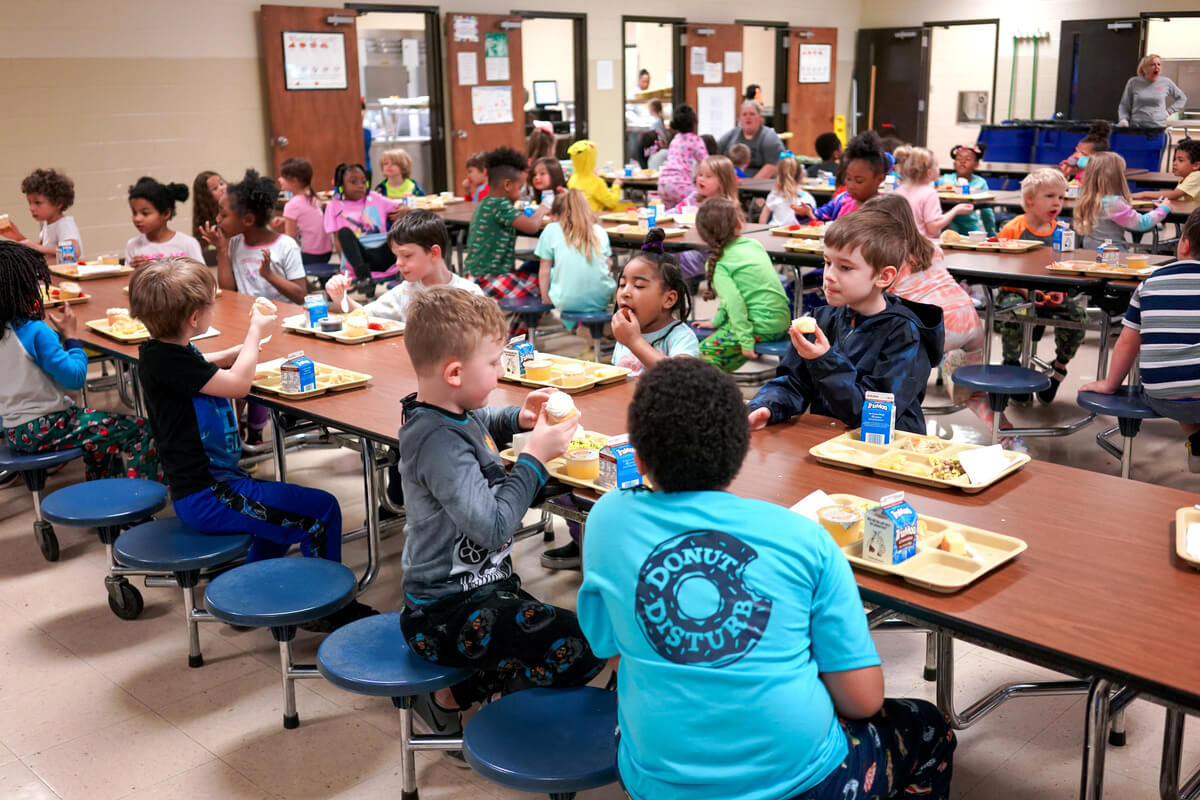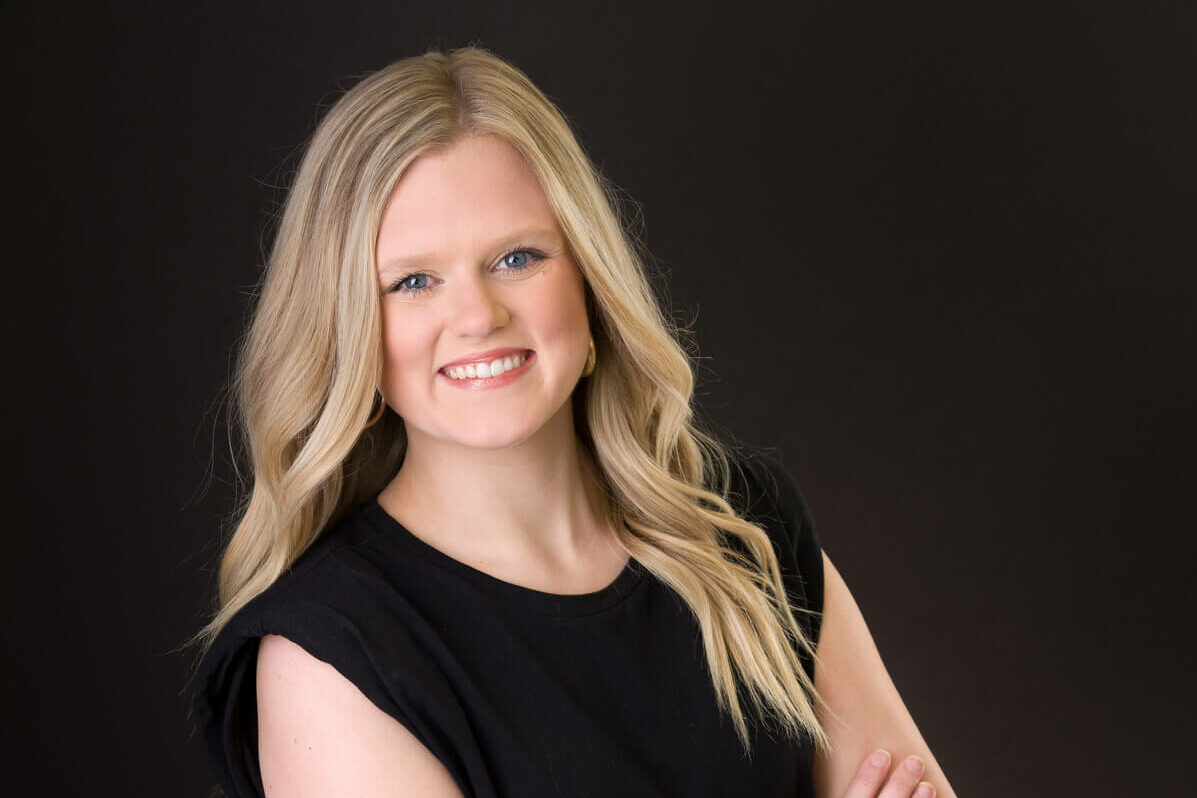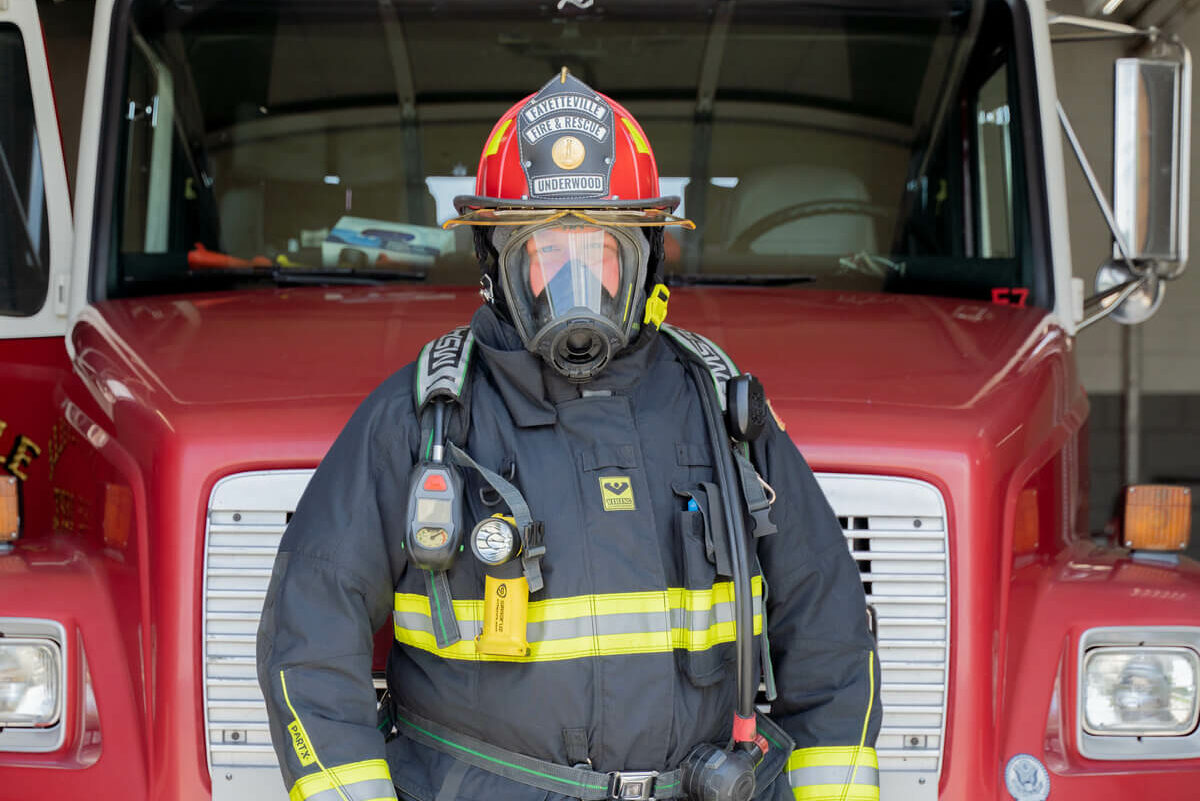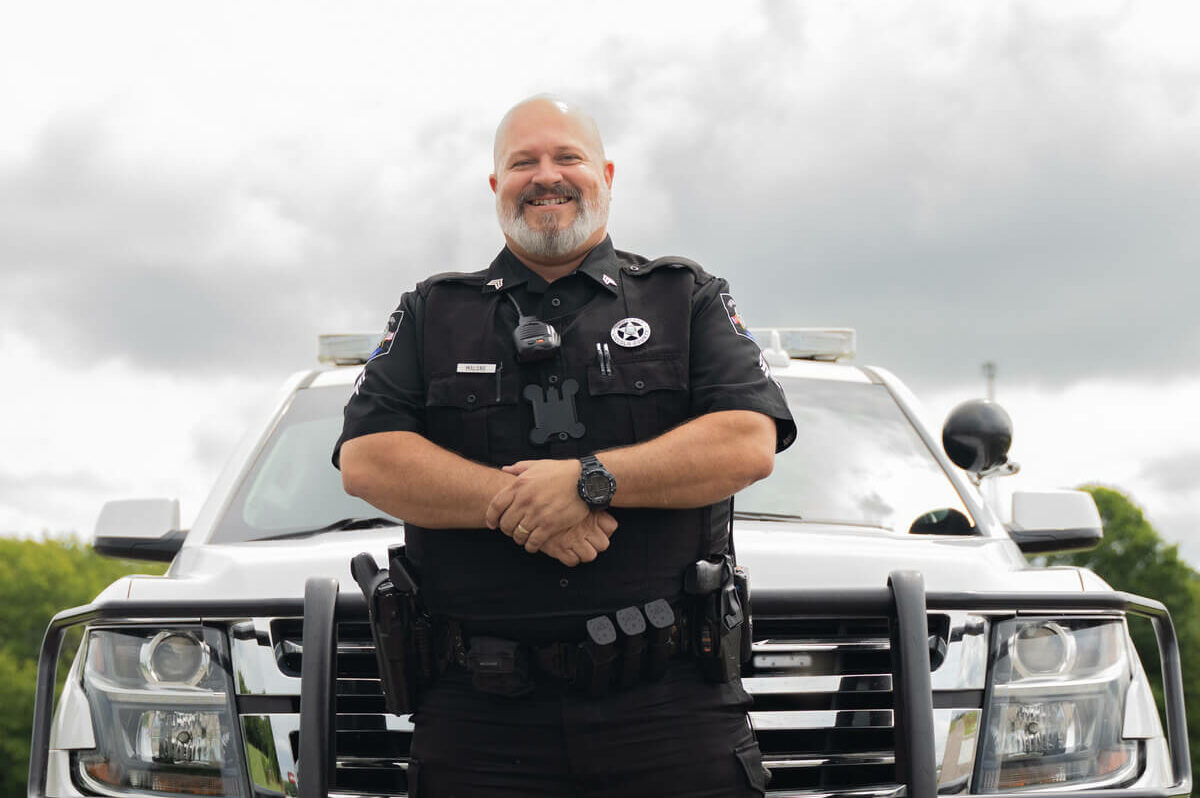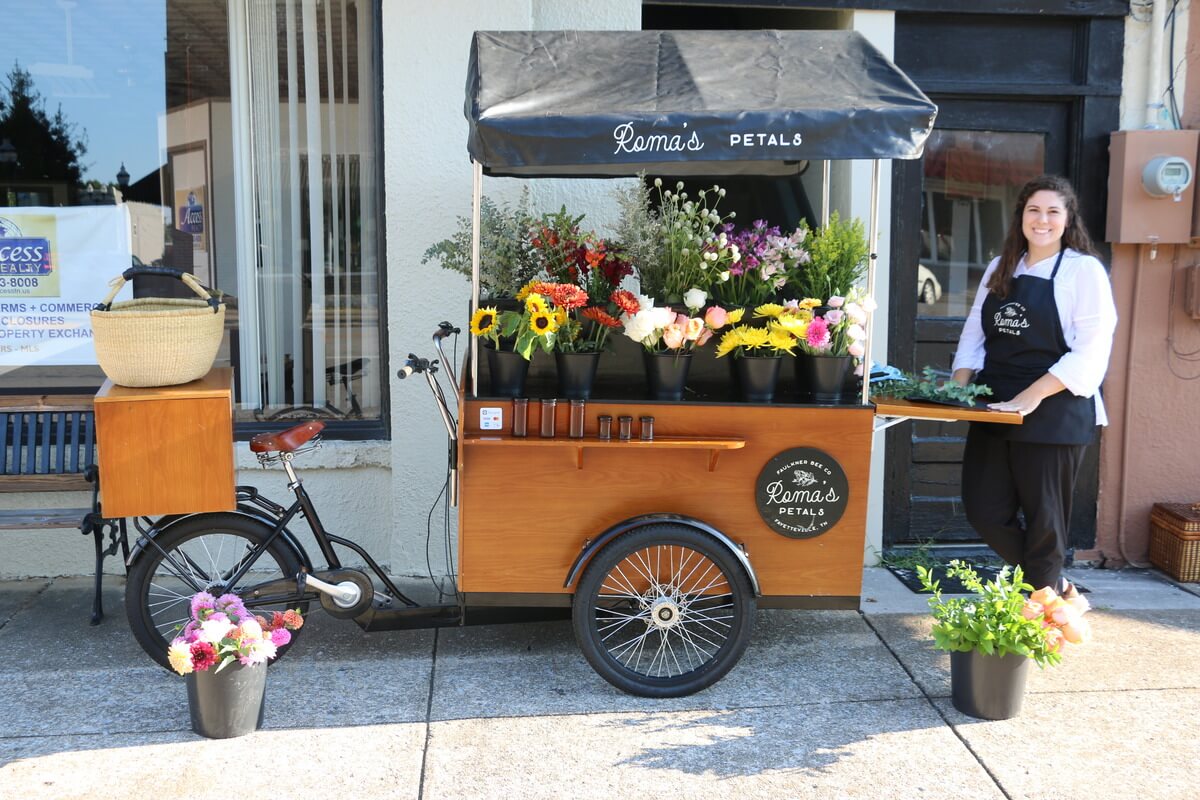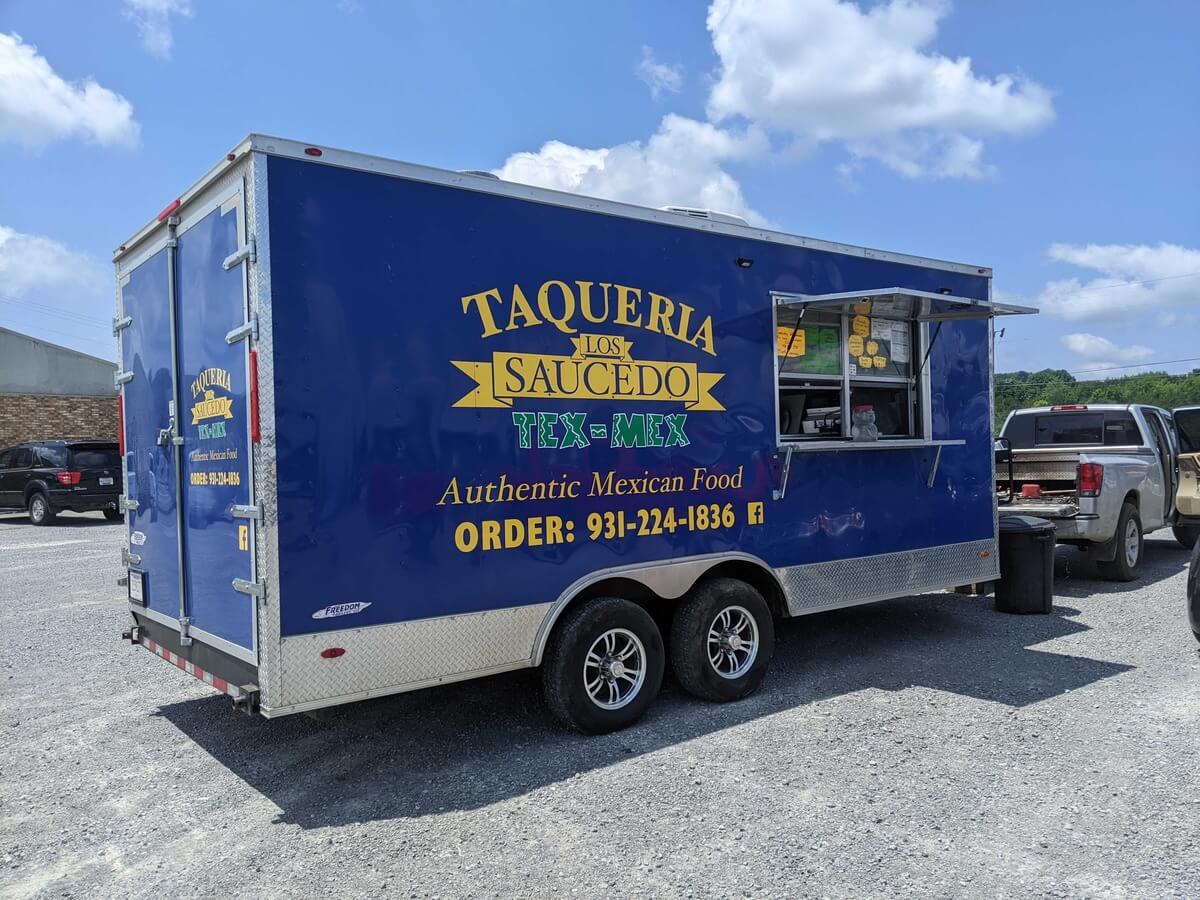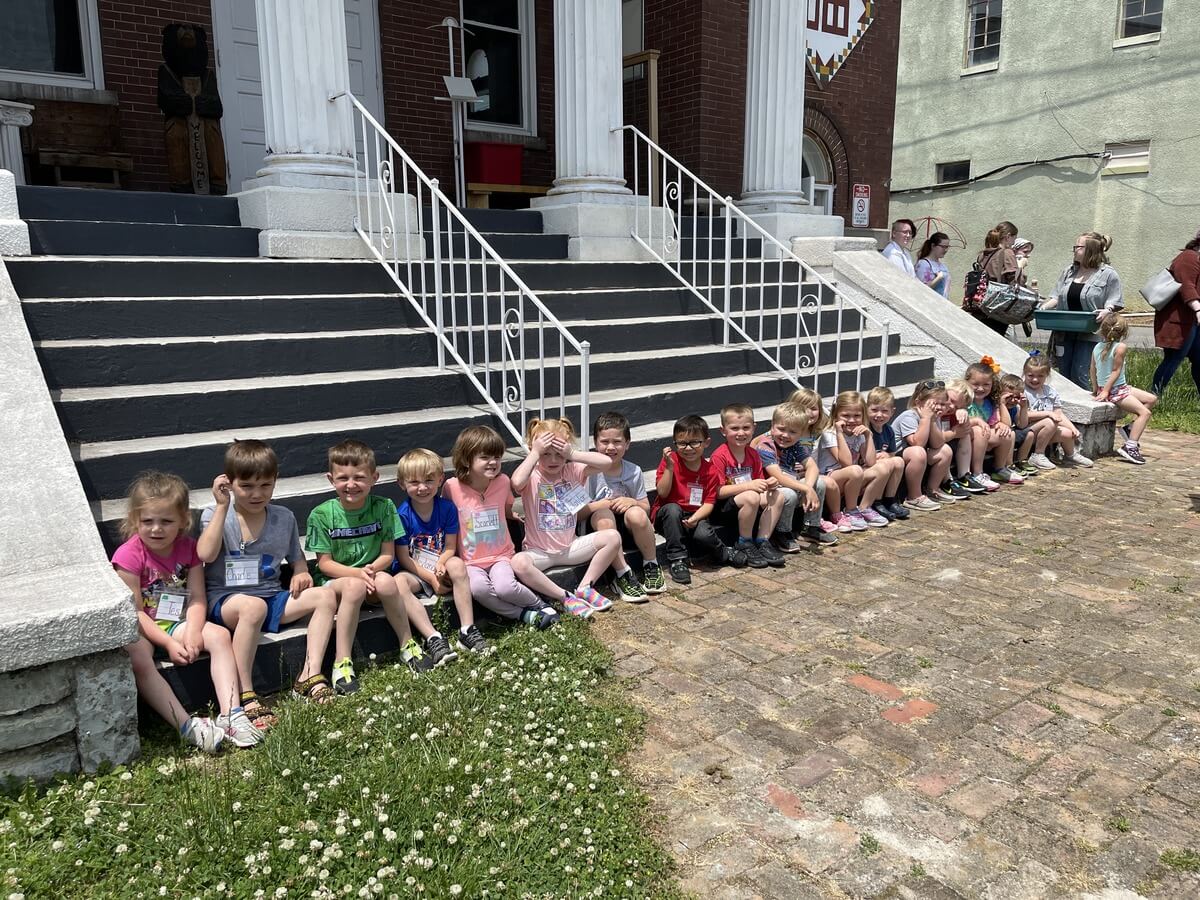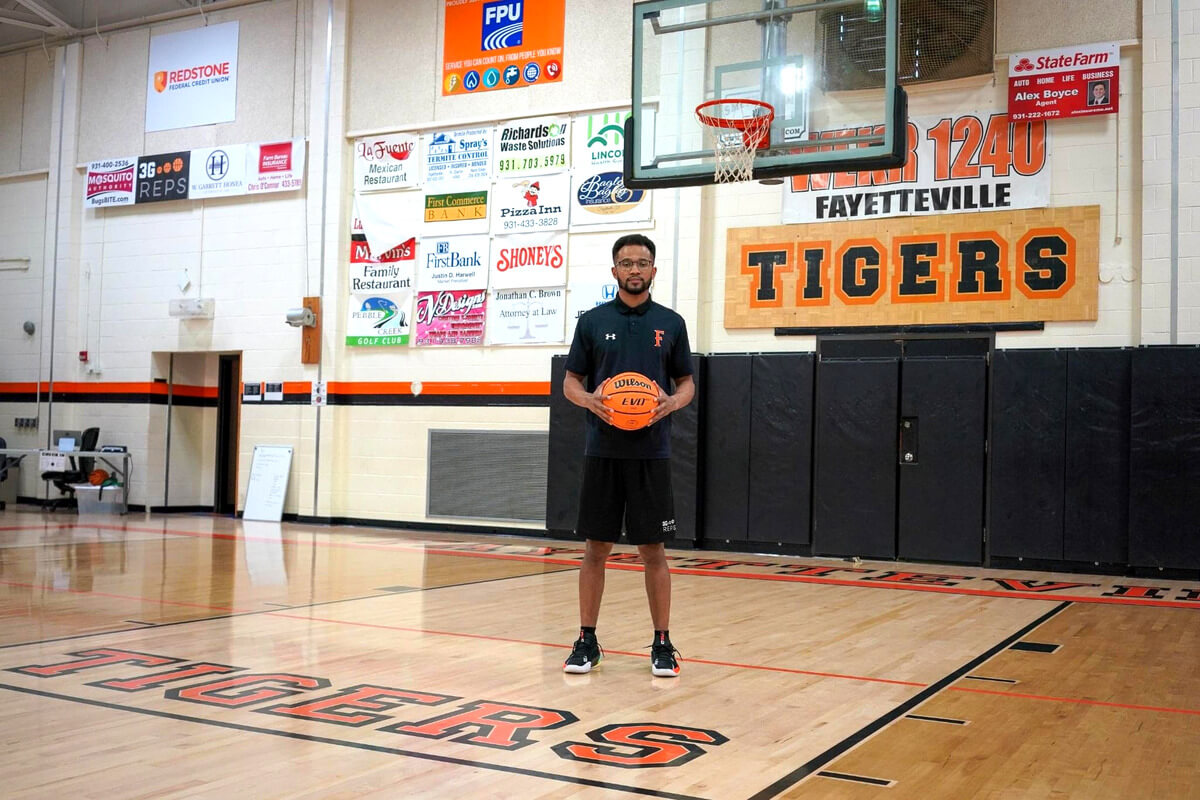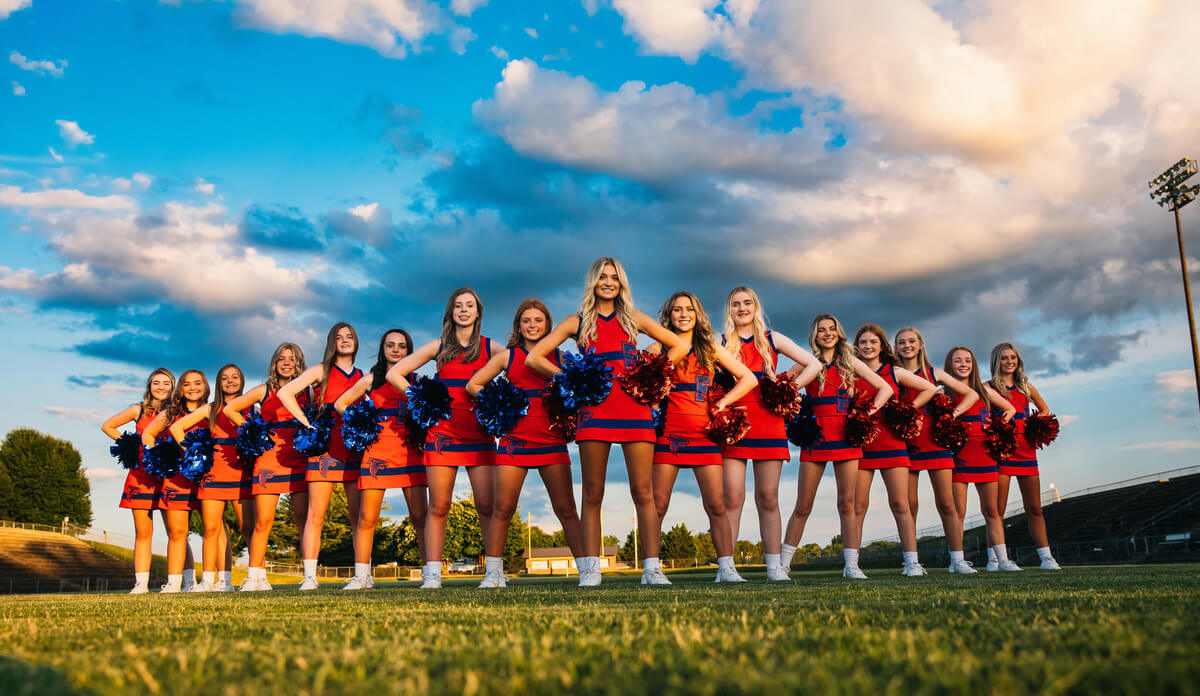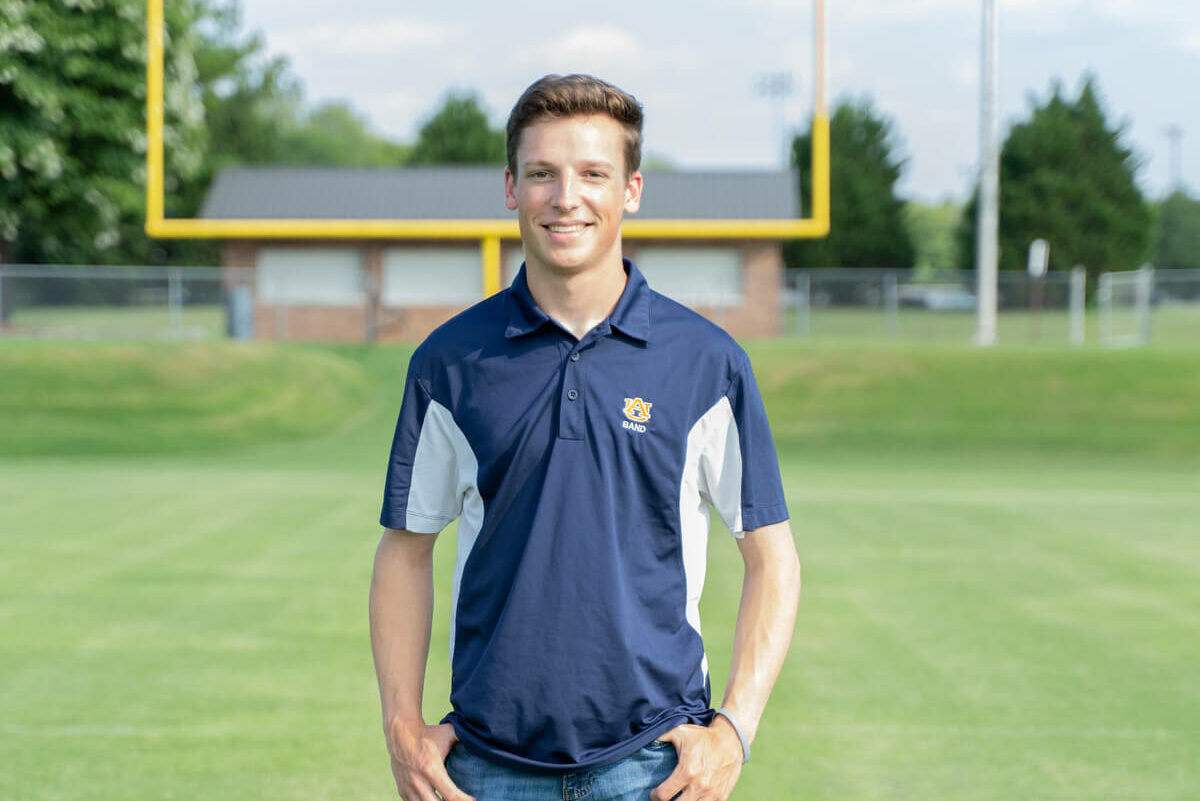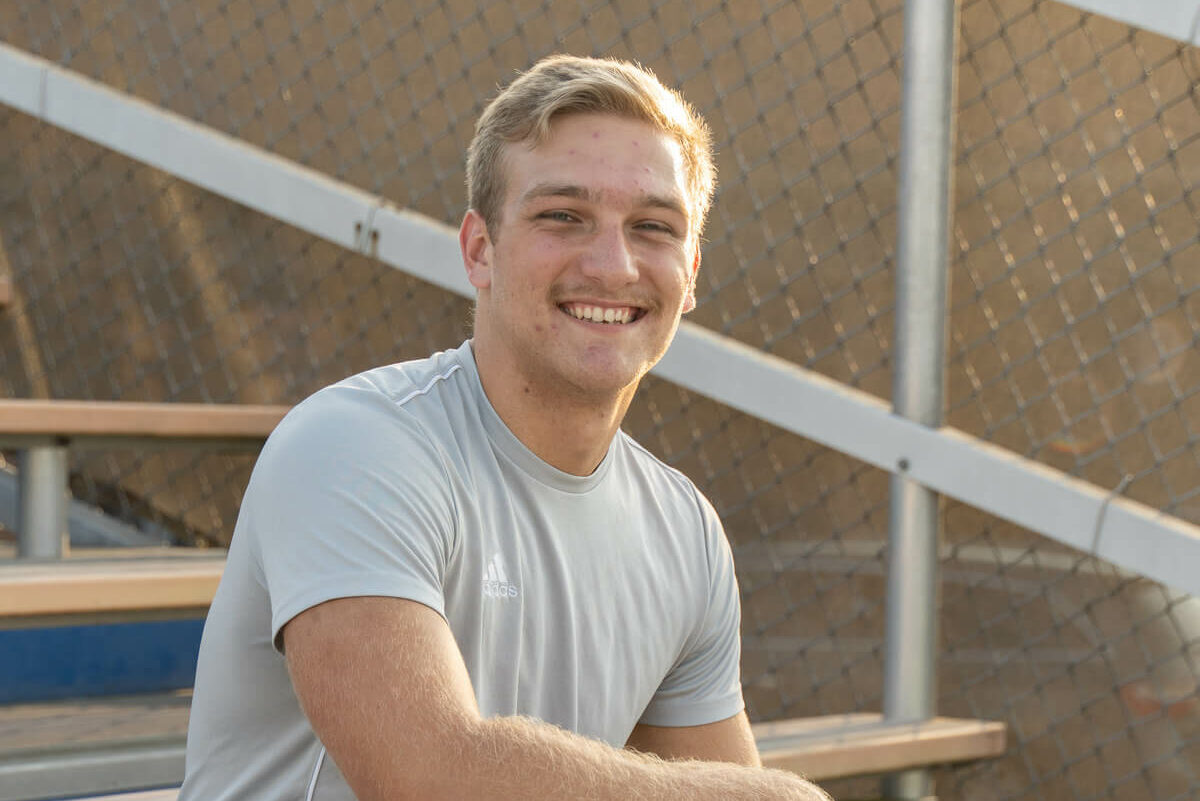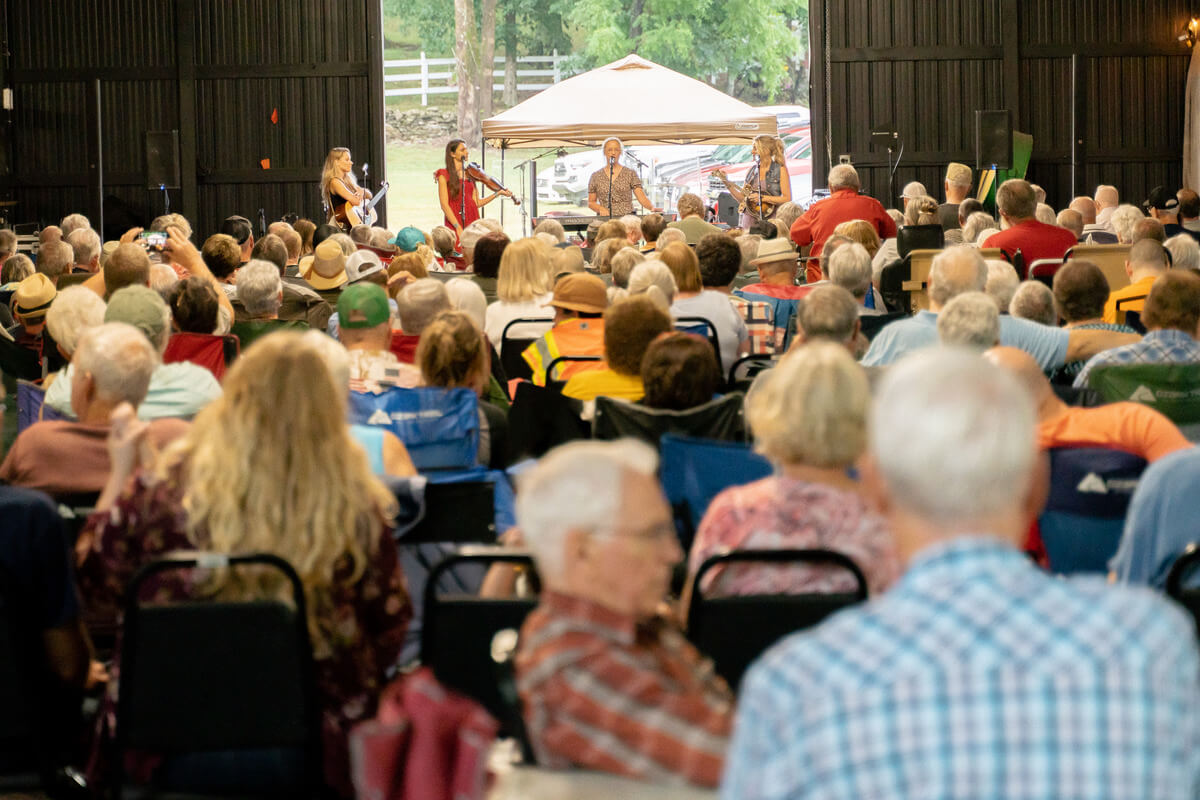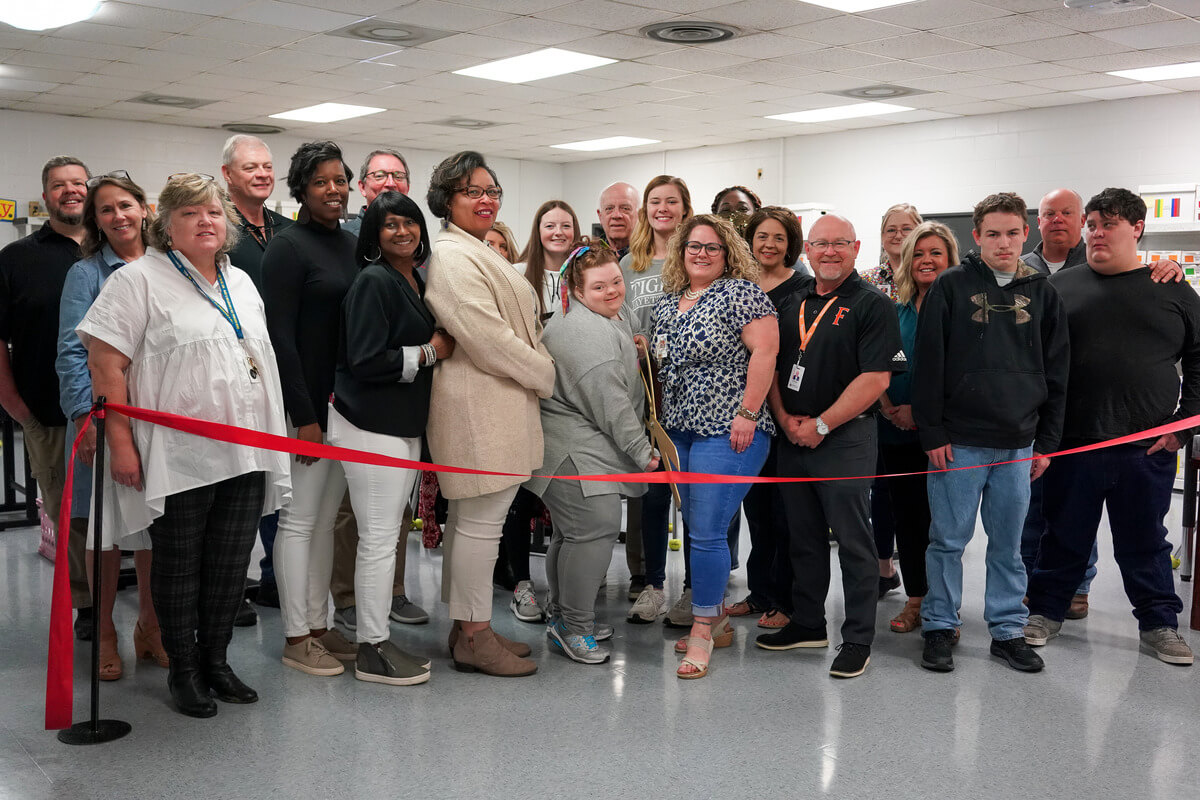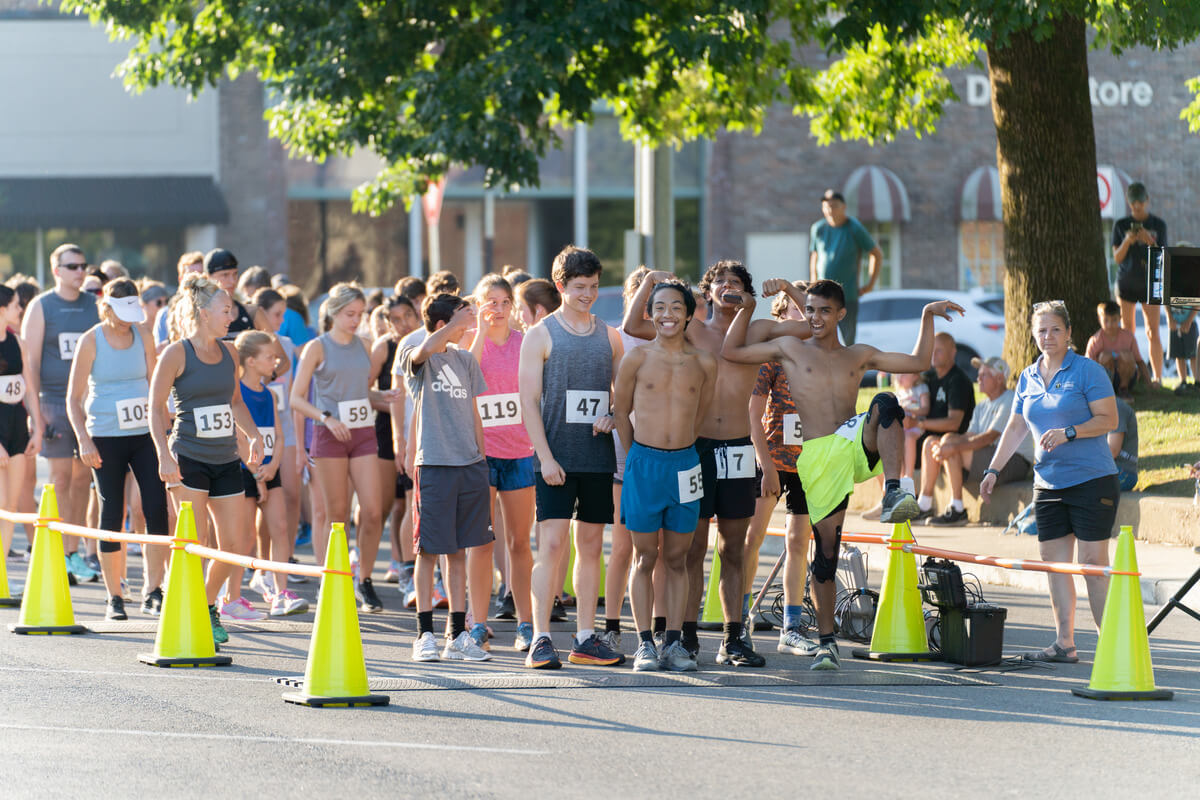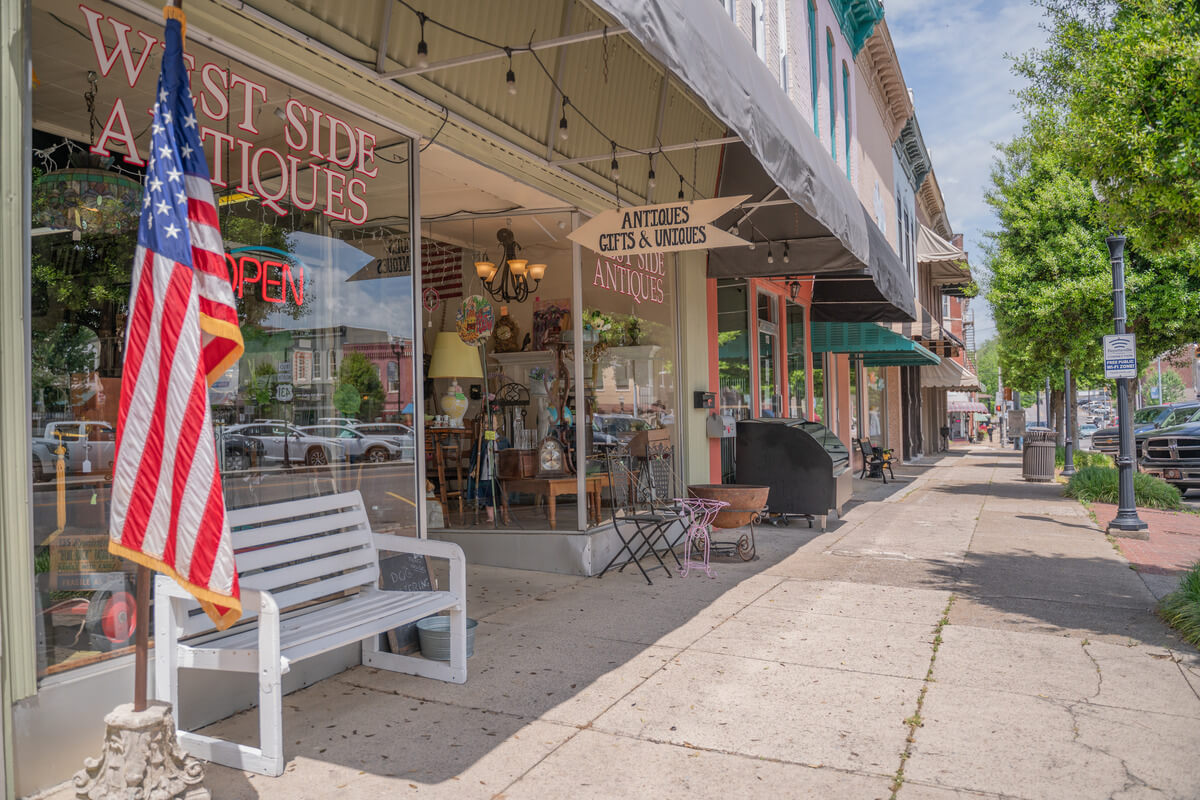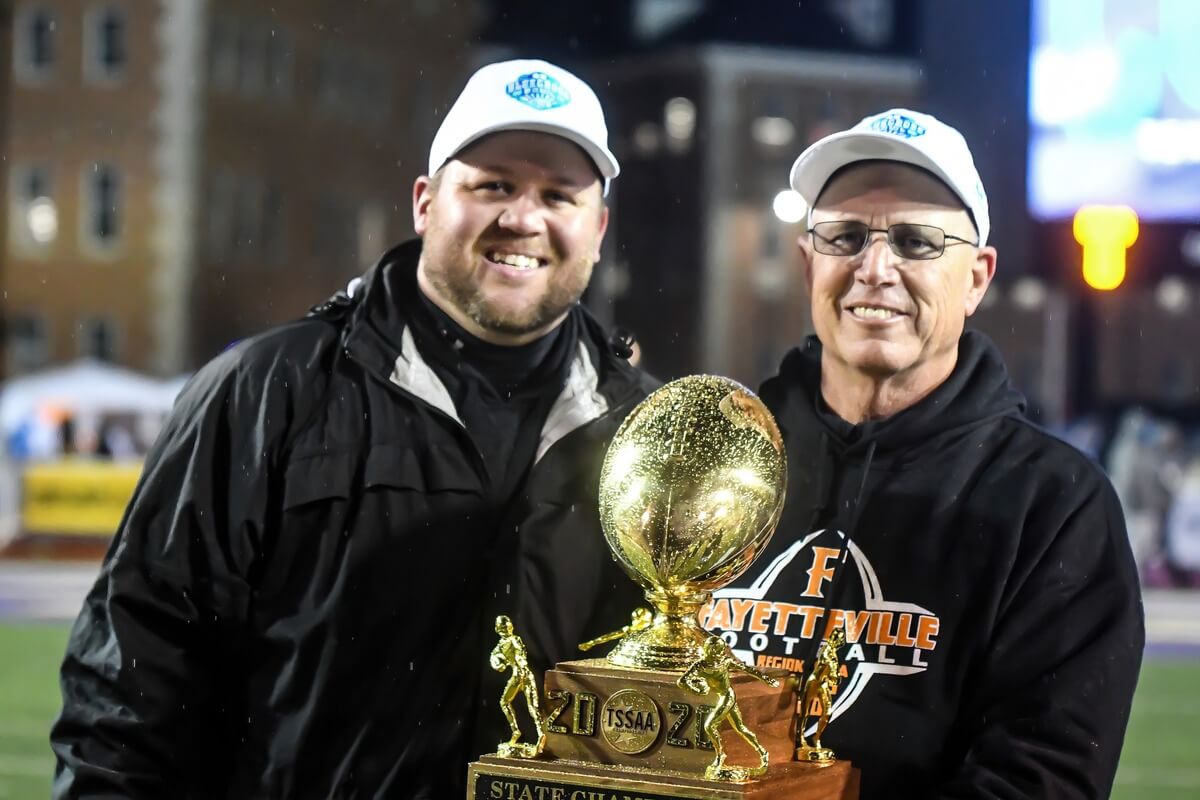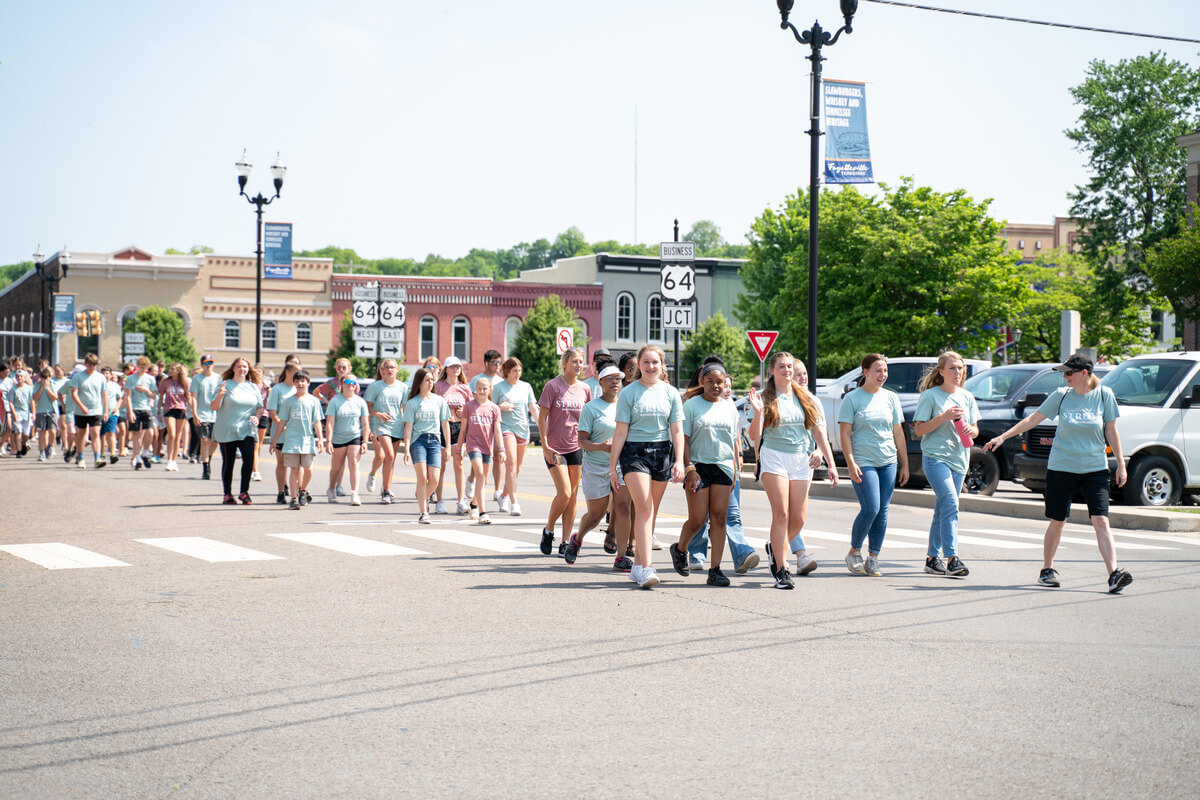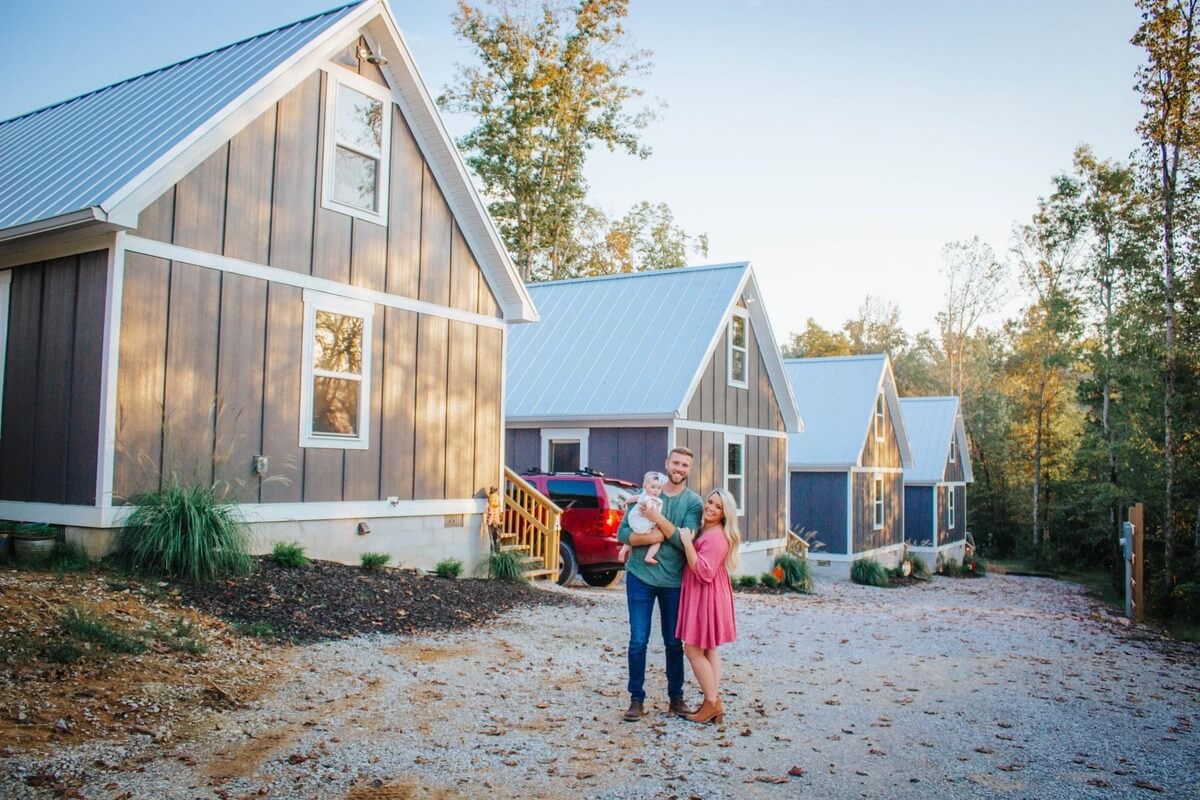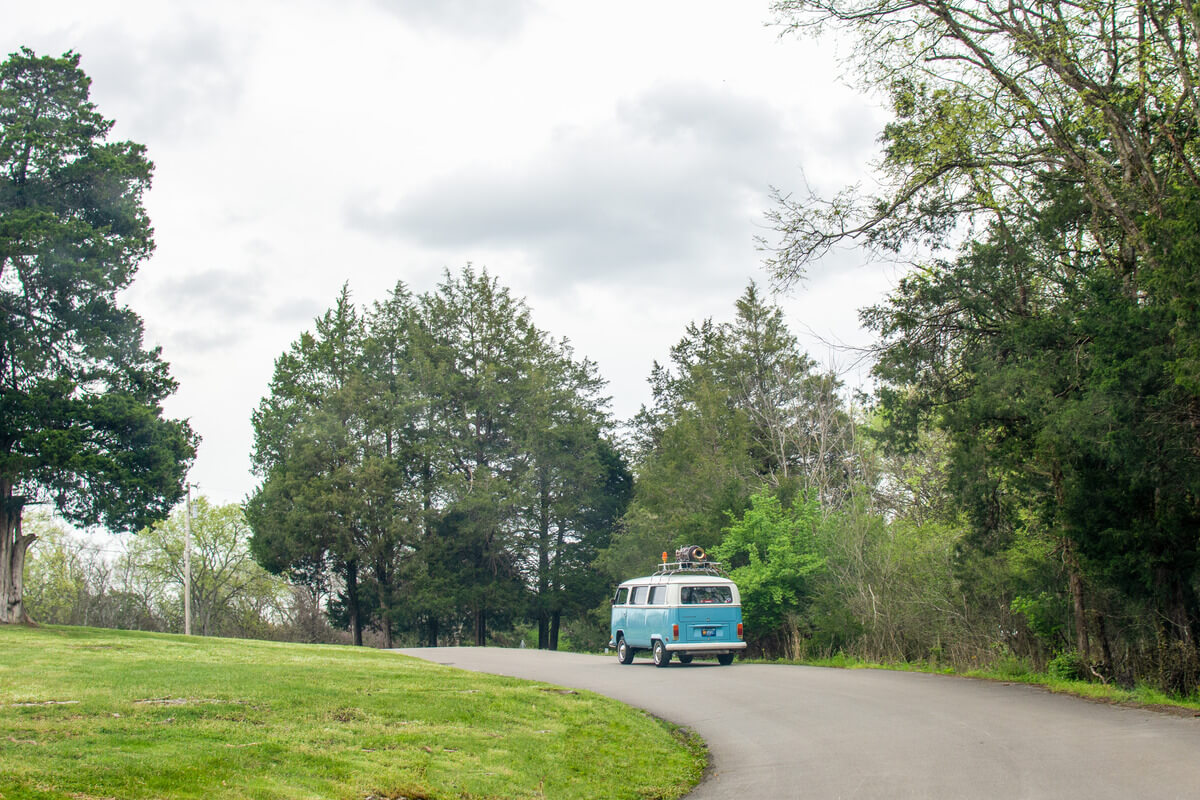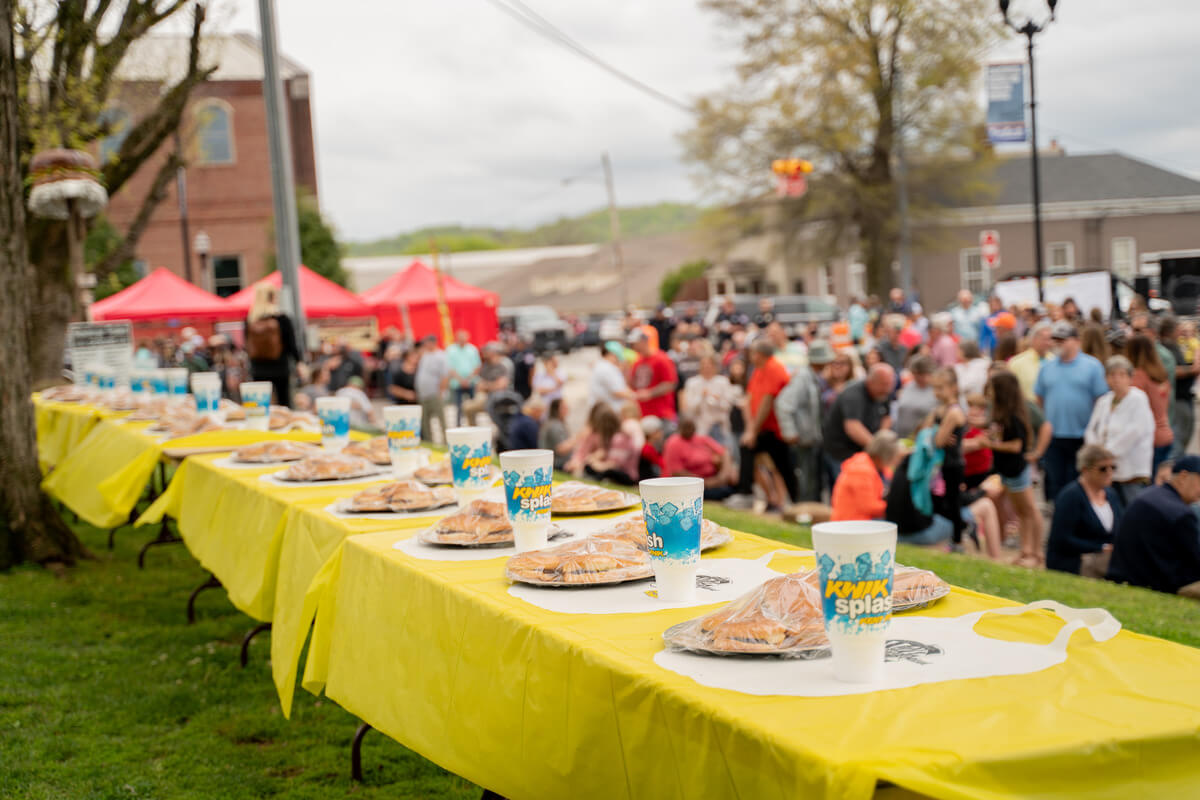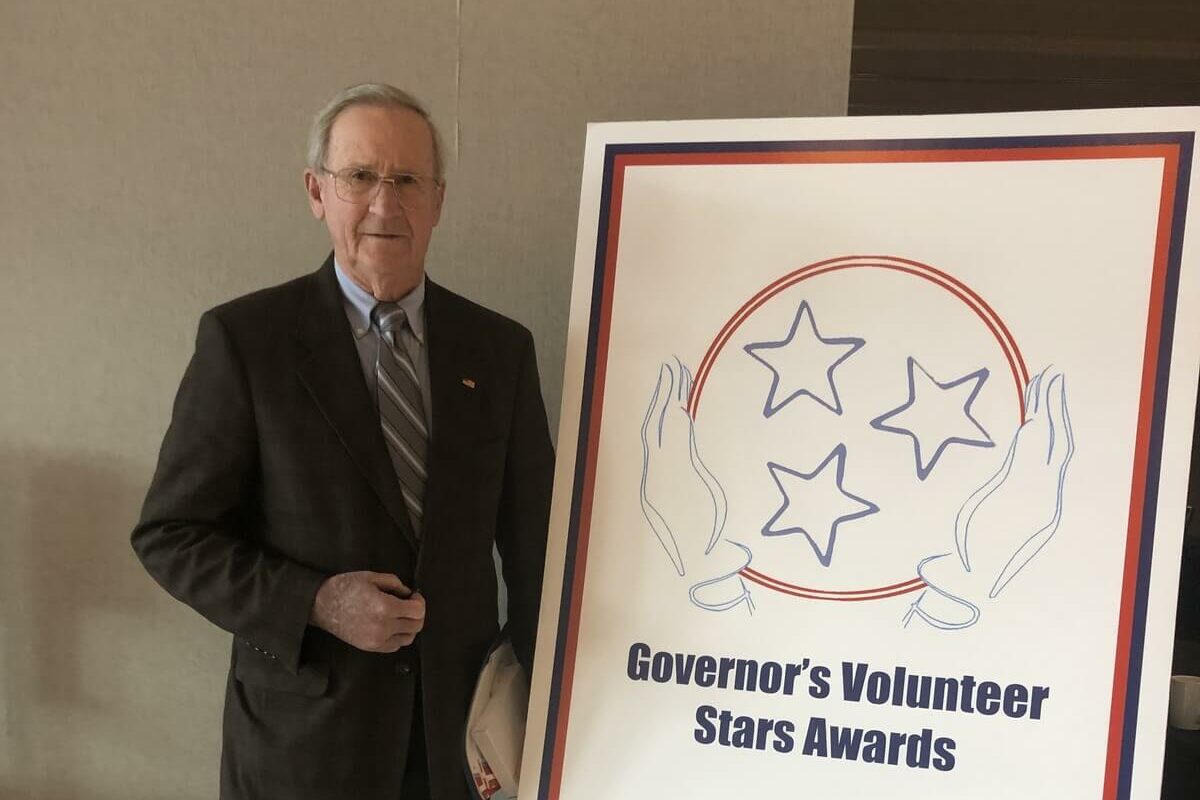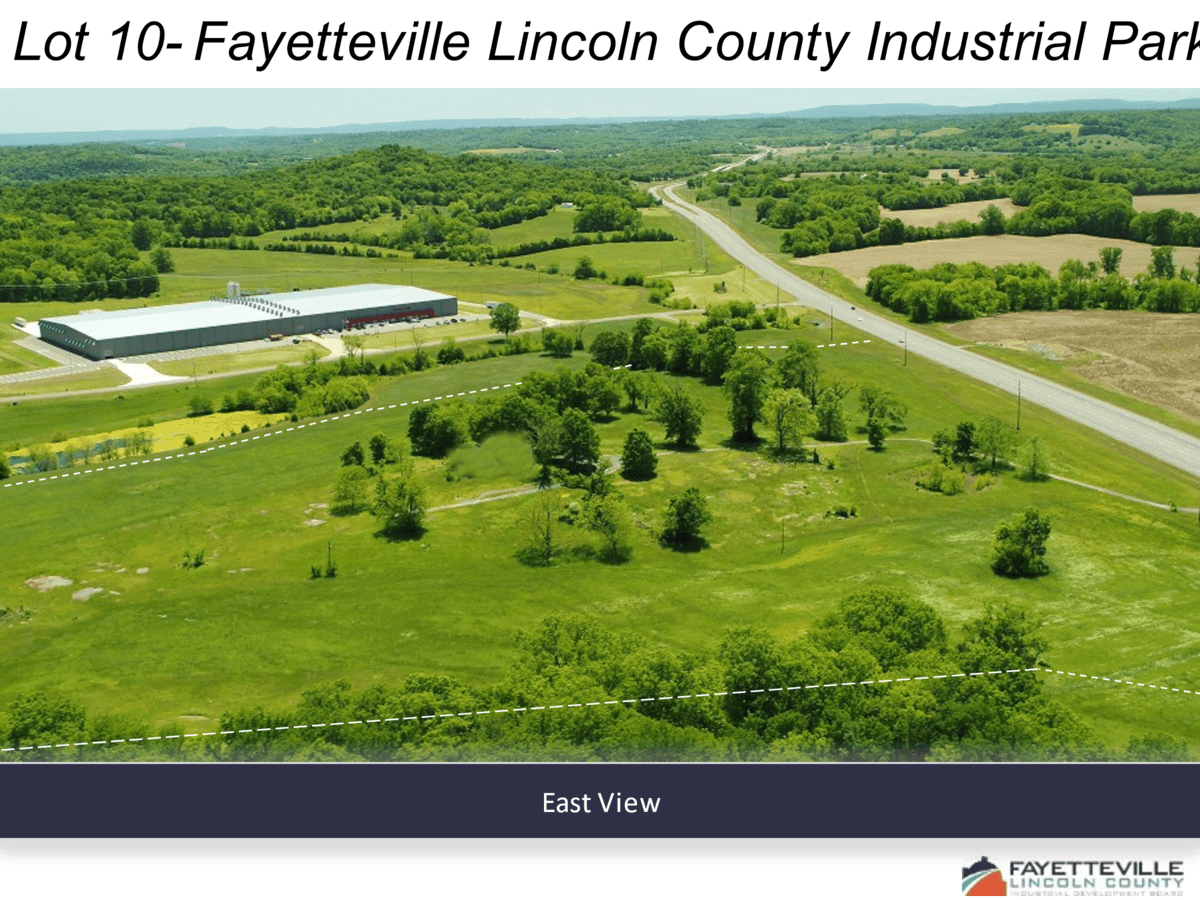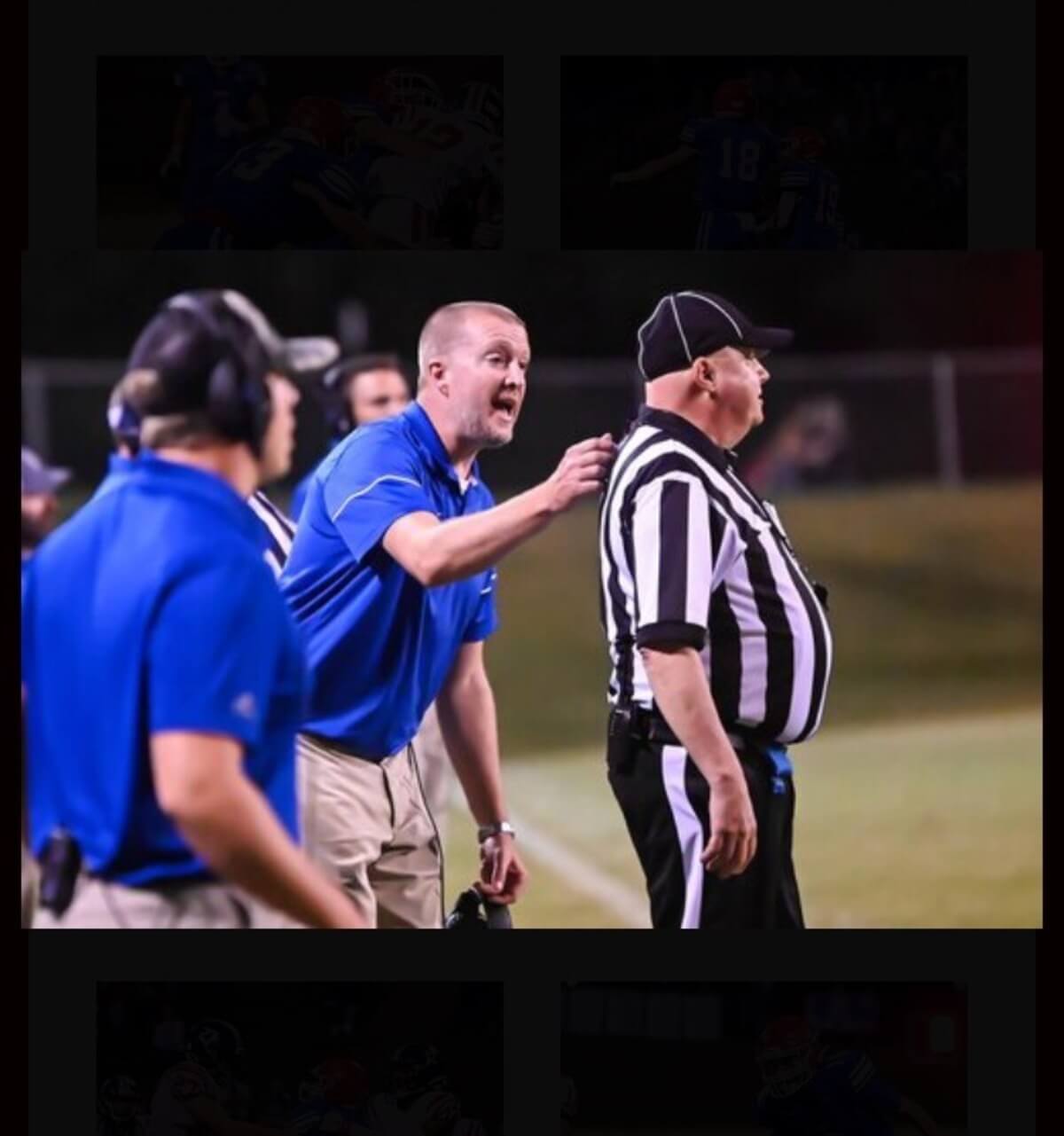BOOTS CRUNCH over dead leaves, a symphony of anticipation echoing in the tranquil woods as sunlight flickers through the canopy, speckling the faces of young explorers eager for knowledge lost in the digital age. Their classroom: a mossy forest floor, alive with the rustle of unseen creatures and the whisper of ancient trees. No Google Maps guided their paths here, only compass and map, instruments of self-reliance in a world increasingly tethered to screens. Birdsong, no longer background noise, becomes a language to decipher, whispering stories of unseen wings and hidden nests. And fire, coaxed from the heart of flint, pulses like a living heart, teaching lessons older than smartphones — patience, resourcefulness, and the spark of human connection. This isn’t just camping; it’s an invitation to today’s youth to step away from the glow of screens, where today’s generation learns to navigate by starlight, not hashtags, brightening their hearts by the embers of the world of nature through Scouting.
Yet, the lessons of the woods extend much farther, according to Robert Harvell, Cubmaster of BSA Cub Scout Pack 329.
He said, “Pack 329 promotes family values. Scouting is non-denominational, and faith has been part of the Scouting movement since it was founded. Each den has a requirement, for example, ‘Fellowship and Duty to God’ (Bears) or ‘Duty to God and You’ (Webelos). I enjoy incorporating citizenship and faith into what we do. I think that’s so important for our kids today. We open every pack meeting with the Scout Oath, Scout Law, and the Pledge of Allegiance. These are the principles we try to live by.”
The pack learns the guiding principles of the oath, laws, and pledge. Harvell learned them through his childhood Scouting experiences, like his father before him, an Eagle Scout who was very involved and influential in Harvell’s Scouting journey.

Harvell entered the program in 1985 in what was then called the Tiger Cubs. He advanced through the Cub Scout program, earning the Arrow of Light, and moved to the Boy Scout troop as a 10-year-old in Troop 83 in the Chickasaw Council in West Tennessee. He earned the rank of Eagle Scout in 1997.
As he leads Pack 329 today, he advances Scouting’s mission of preparing young people to make ethical and moral choices over their lifetimes by instilling in them the values of the Scout Oath and Law. And the pack has grown substantially in the past two or three years. Lincoln County’s packs consolidated; there were only six to eight active cubs when Harvell volunteered as Cubmaster in 2021.
“I think we have grown organically, through word of mouth, and because of the involvement of all the parents who help out. Honestly, Pack 329 wouldn’t be anything without our parents. I am so grateful for their support of what we are doing and their involvement. We are up to 47 registered Cubs now and growing,” Harvell said.
Although many things have changed since he entered Scouting as a boy, it’s the same program at heart.
“Everything changes with time in one way or another. One main example is the inclusion of girls into the program, but the fundamentals and values are the same,” he said. “The Scout Oath and Scout Law have not changed.”

Adventure isn’t a one-size-fits-all affair. Each Cub, from wide-eyed kindergarten Lions to seasoned fifth-grade Webelos, belongs to a den, their own little pack within the pack. Kindergartners, still roaring with lion-hearted curiosity, learn the ropes as Lion Cubs. First graders, proud as Tigers, hone their skills to earn their stripes. Wolves, howling with teamwork in second grade, tackle challenges to achieve their rank. Bears leave their paw prints on the path to their Webelo year, which culminates with the Arrow of Light, the highest Cub Scout honor. Each rank is a stepping stone, each den a family, guided by the same unwavering star — the Scout Oath and Law.
The Scouts meet every other Monday throughout the school year and plan at least one monthly outing. In addition to campouts, past events include building wilderness survival shelters, sessions with local first responders, partnering with the local Veterans of Foreign Wars to clean veteran grave sites in Lincoln County cemeteries, training in fire building and safety, and the classic pinewood derby where the Cubs build and race their cars.
Harvell said, “My goal is to get the kids outside having fun together in experiences some of them may never have had the opportunity to without Scouting. We teach skills that may be lost in a generation or two: fire building without matches or a lighter, knot tying, tree and plant identification, finding your way with a compass and map, or cooking with a Dutch oven over an open flame. Hopefully, we’re planting seeds for a lifetime of loving the outdoors.”
And the more who are involved, the greater the harvest. Harvell’s time with the pack began with him and only a few other adults. He’s thankful for the growth of all ages involved today.
“New parents are stepping up and asking what they can do; some are even registering as adult Scouters! This is very cool. I tell people, you will get out of Scouting what you put into it,” he said. “The families joining now are putting a lot of effort into making sure the program is fun and successful. We’re all reaping the rewards and loving the experiences.”
As the Scouts advance through the program, they carry newfound skills — knots tied with confidence, maps read with understanding, fires coaxed from flint and tinder. But more importantly, they take the embers of values like self-reliance, respect for nature, and the strength of community. Their values will continue to guide them long after the campfire flames fade. This is the true legacy of Scouting, not just teaching lost skills but planting seeds of character that will flourish throughout their lives, making them good Scouts and good people. GN


